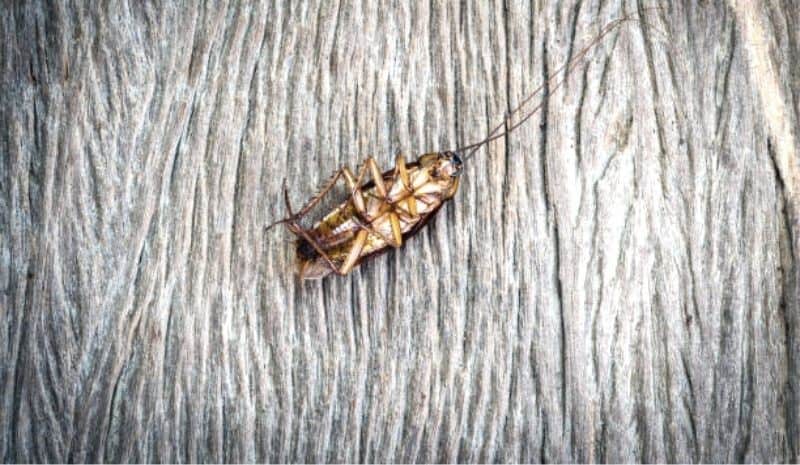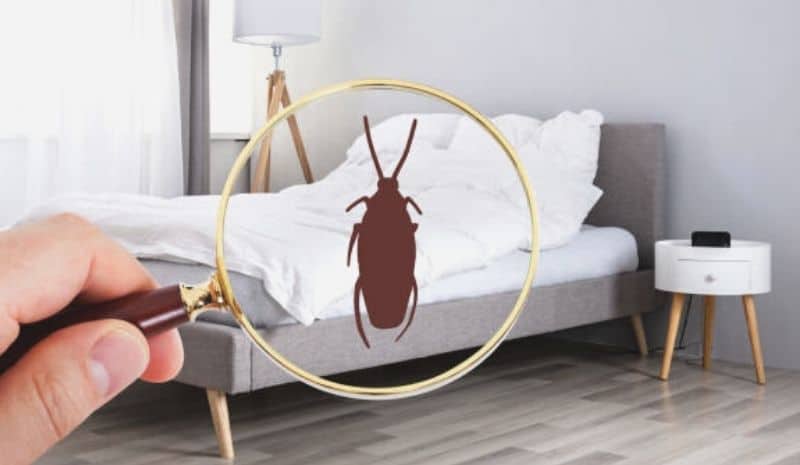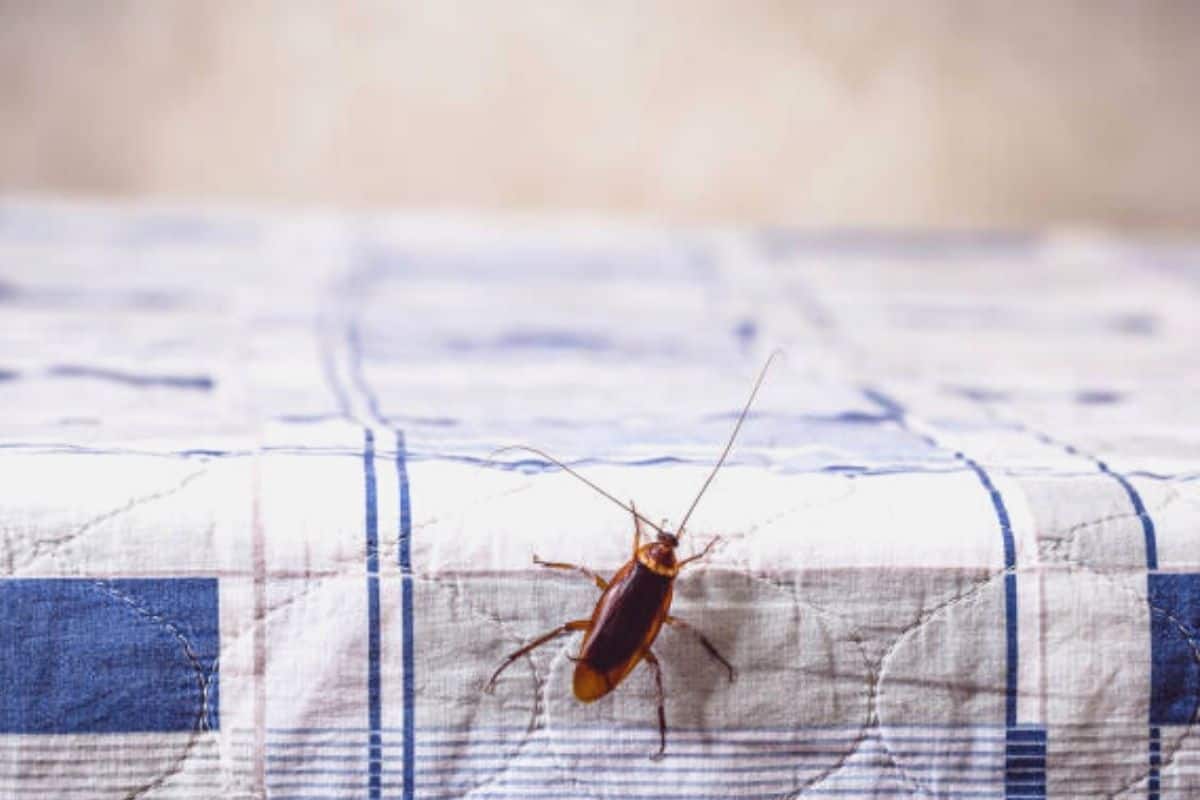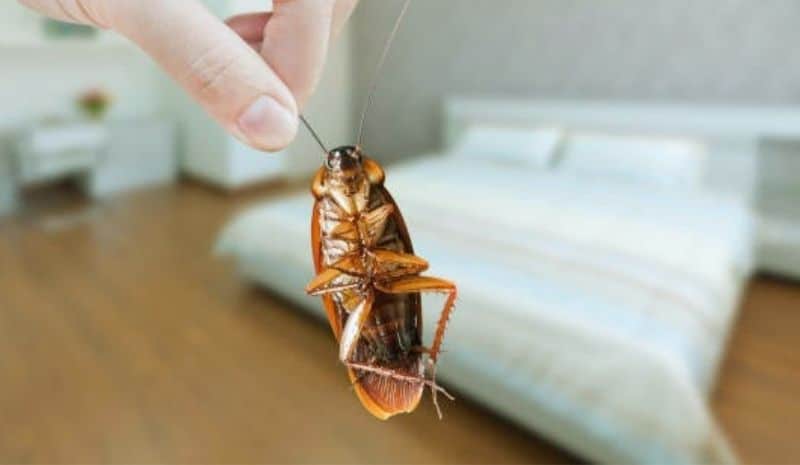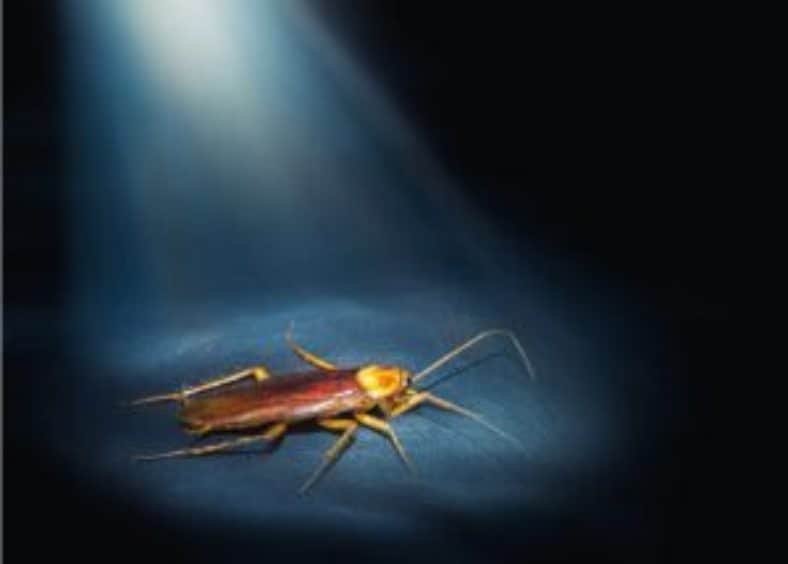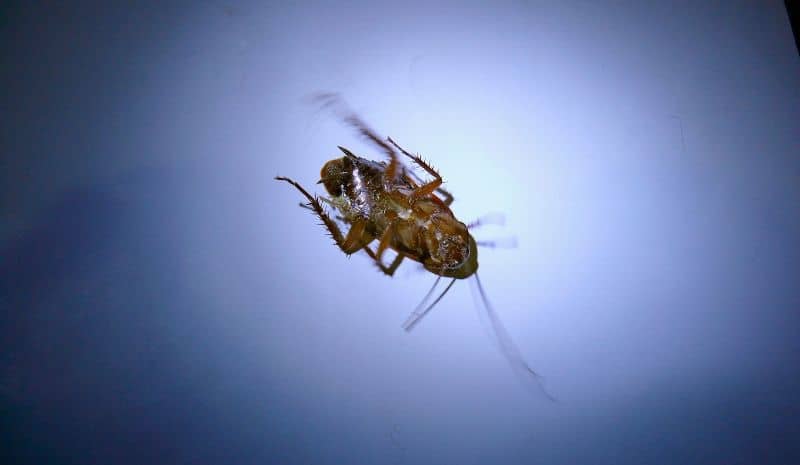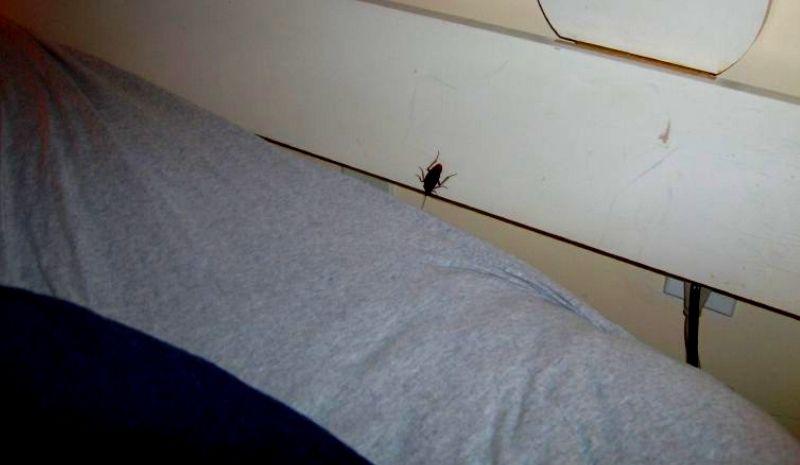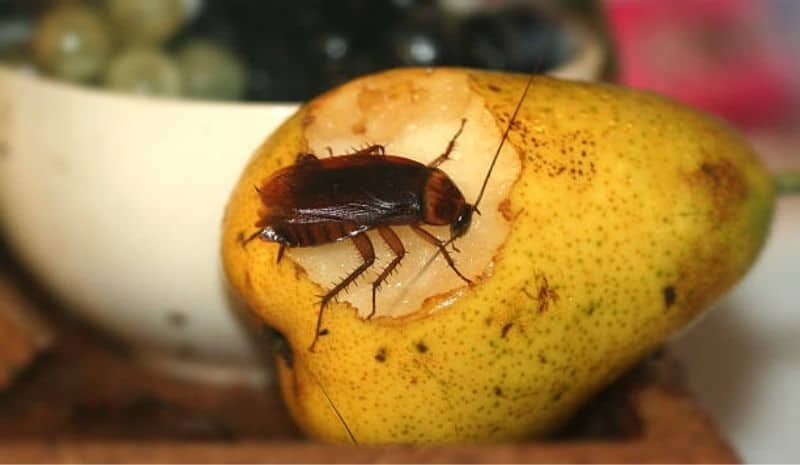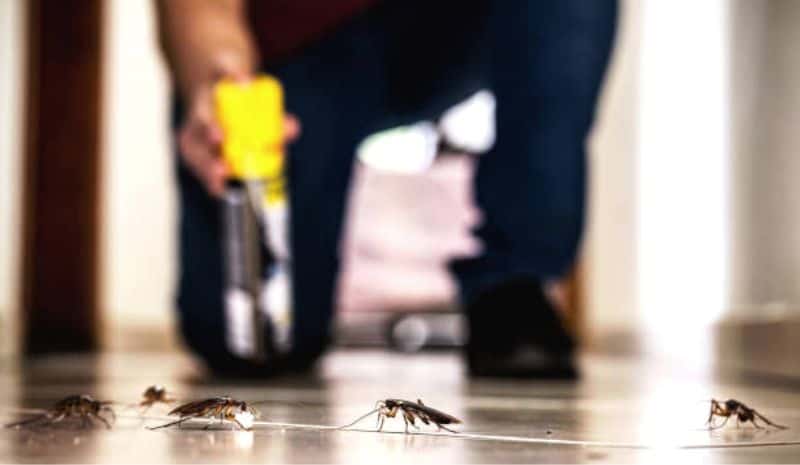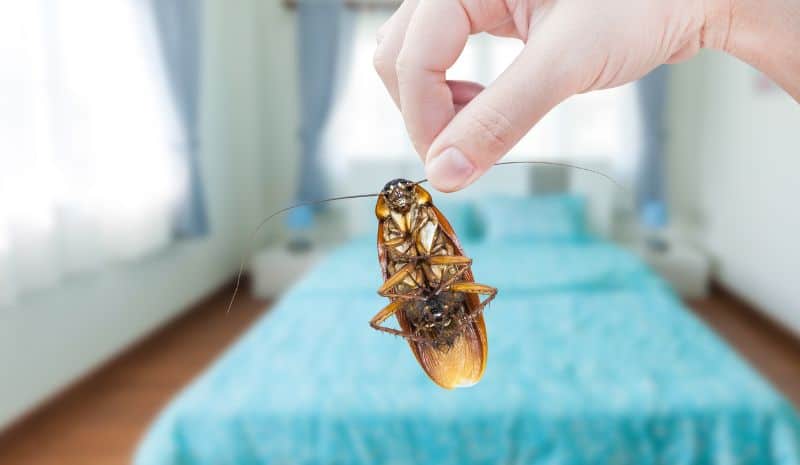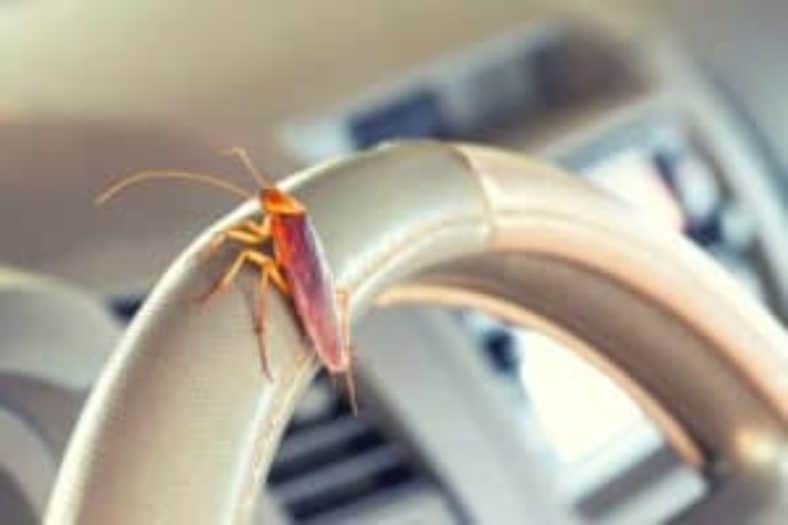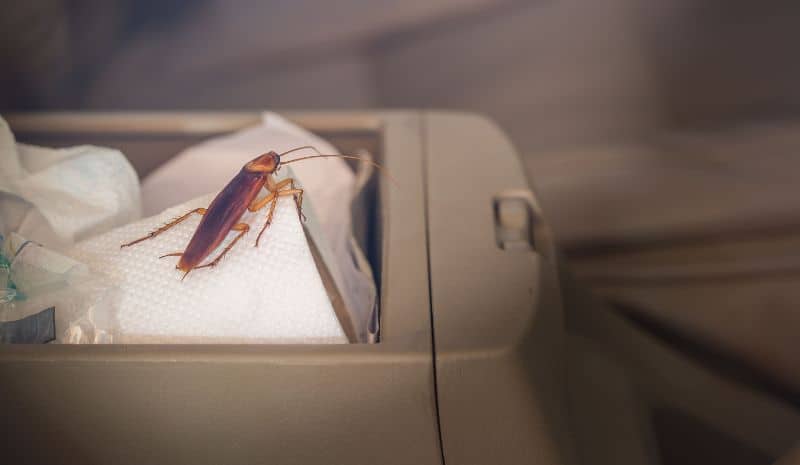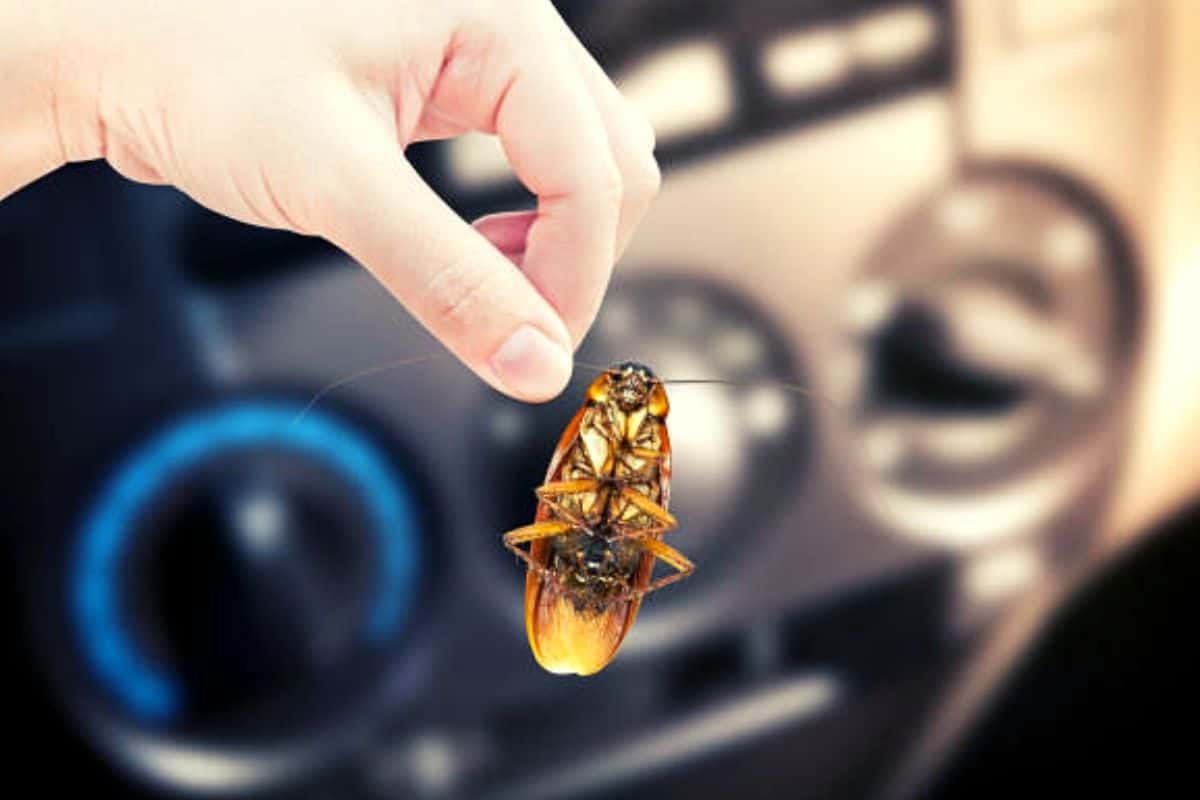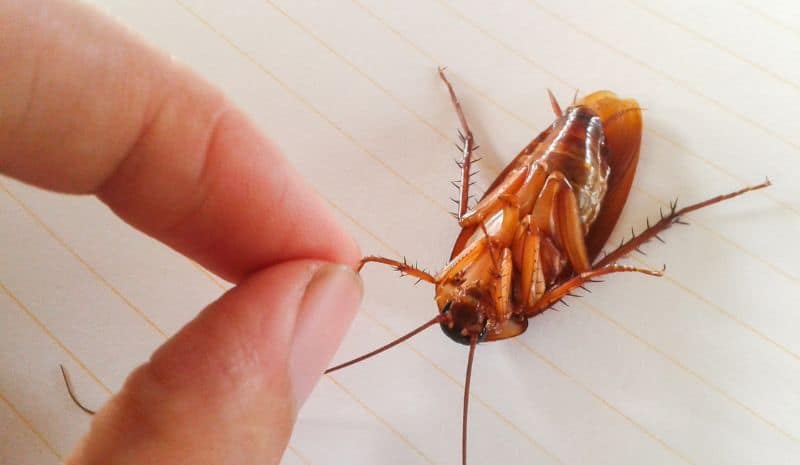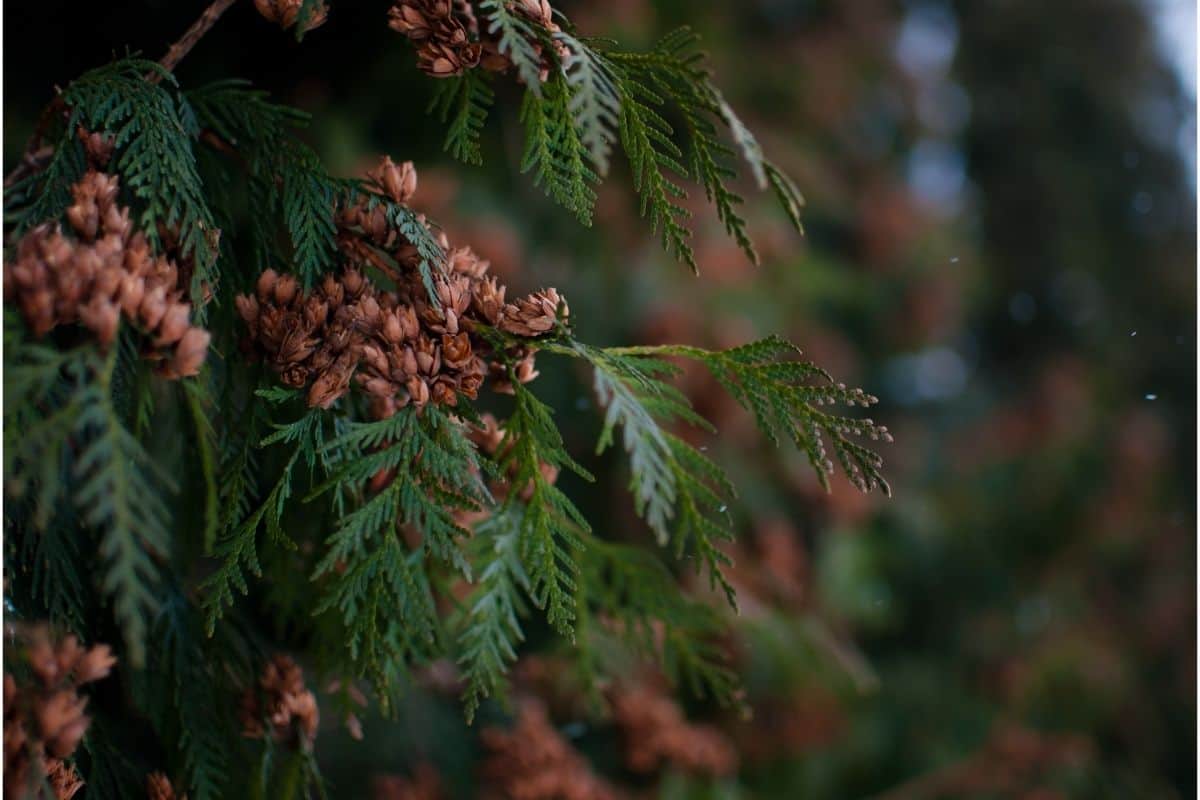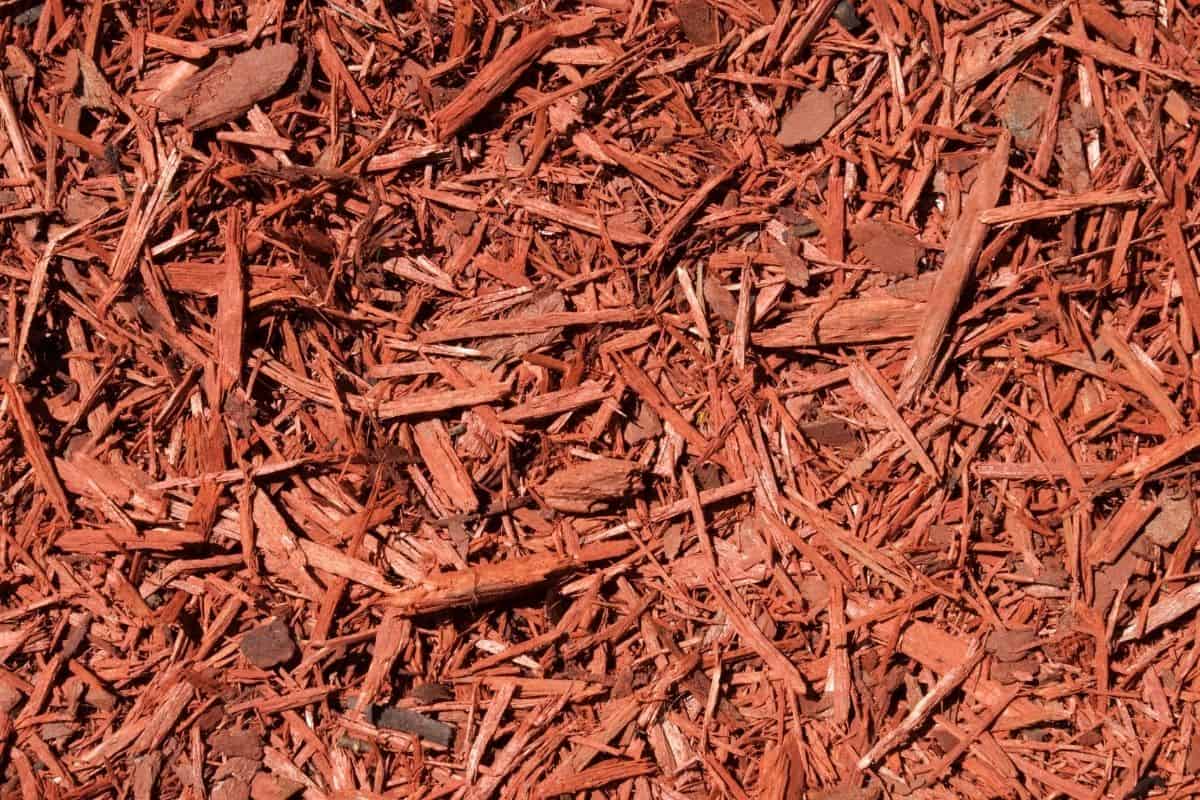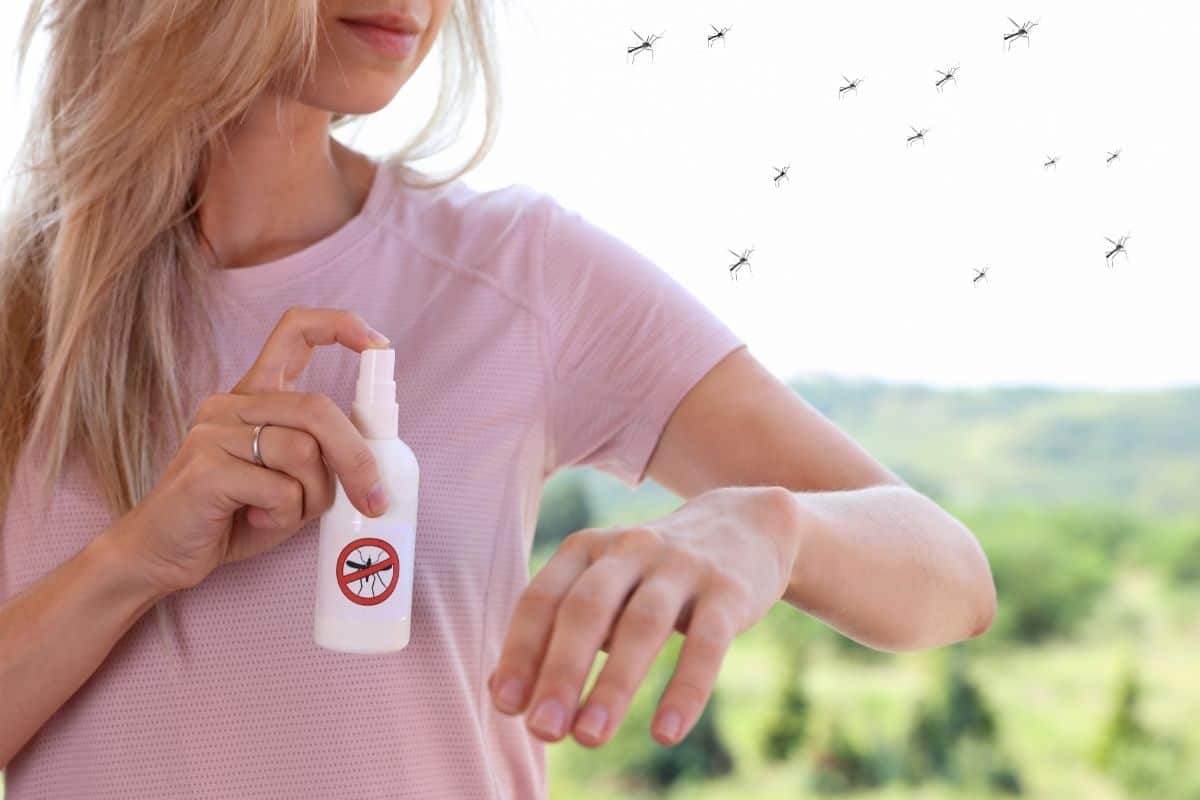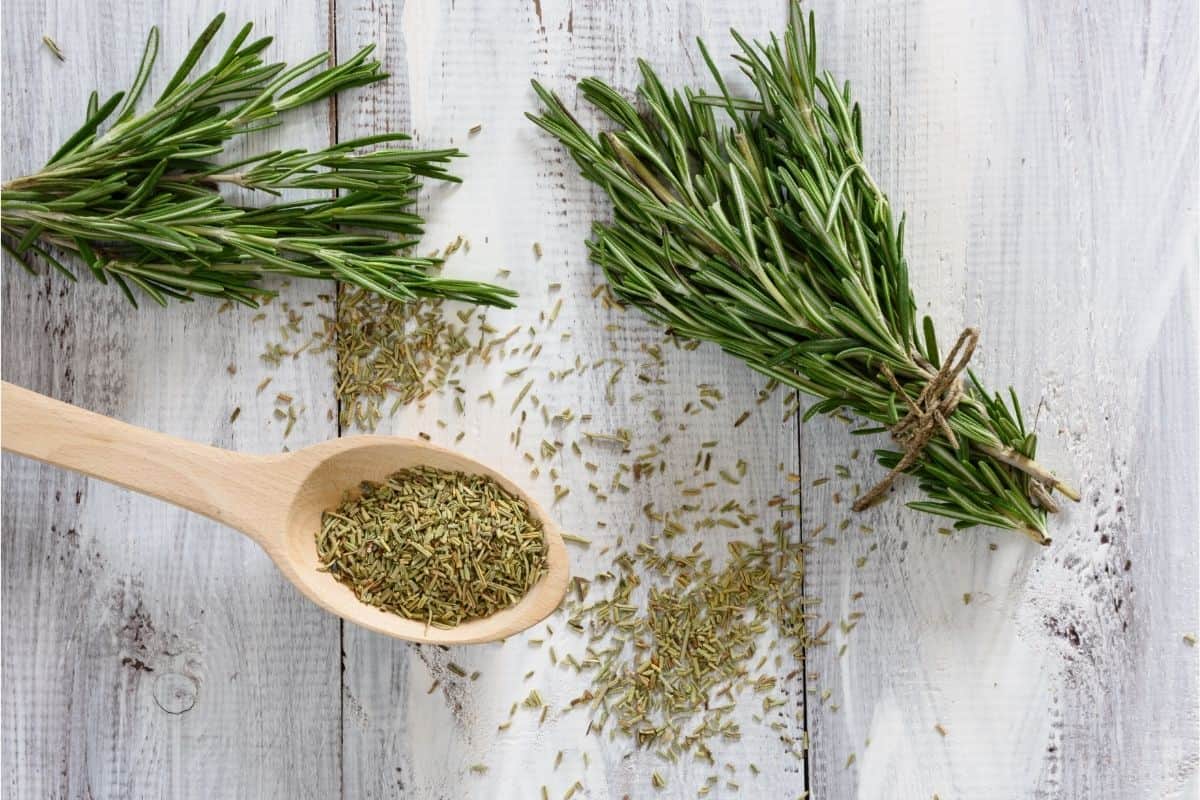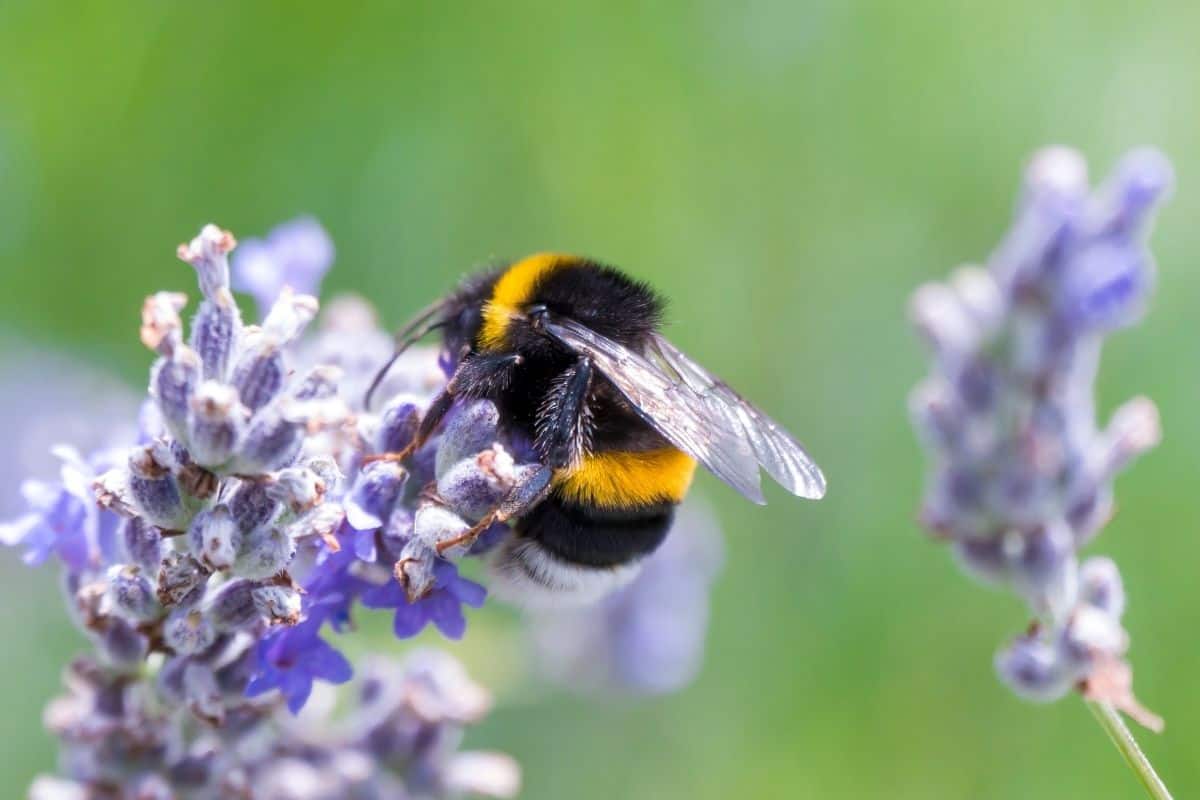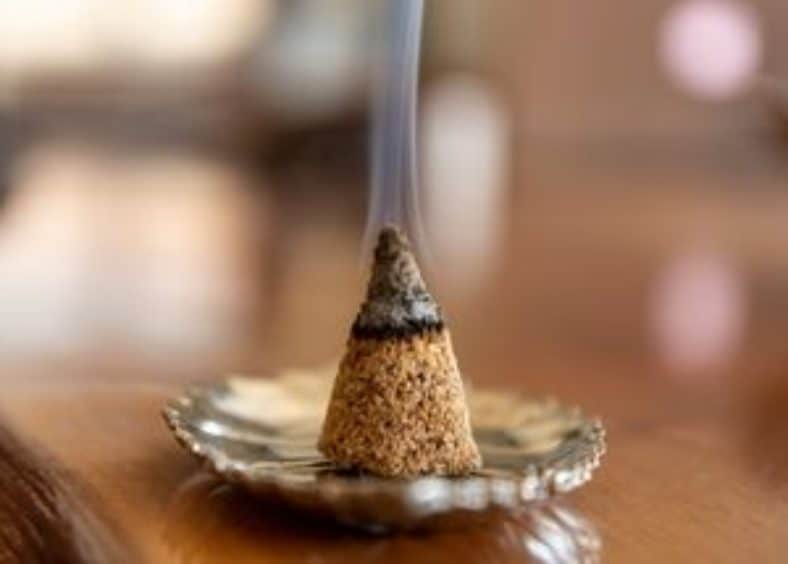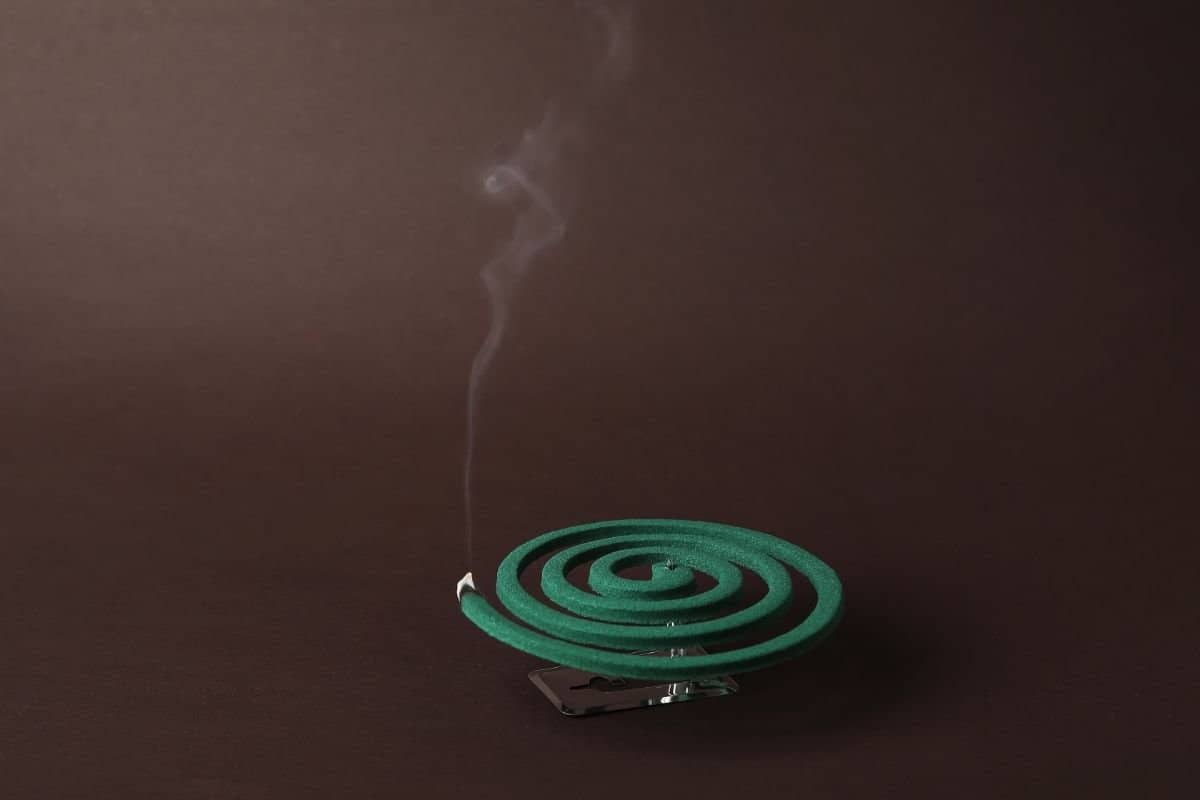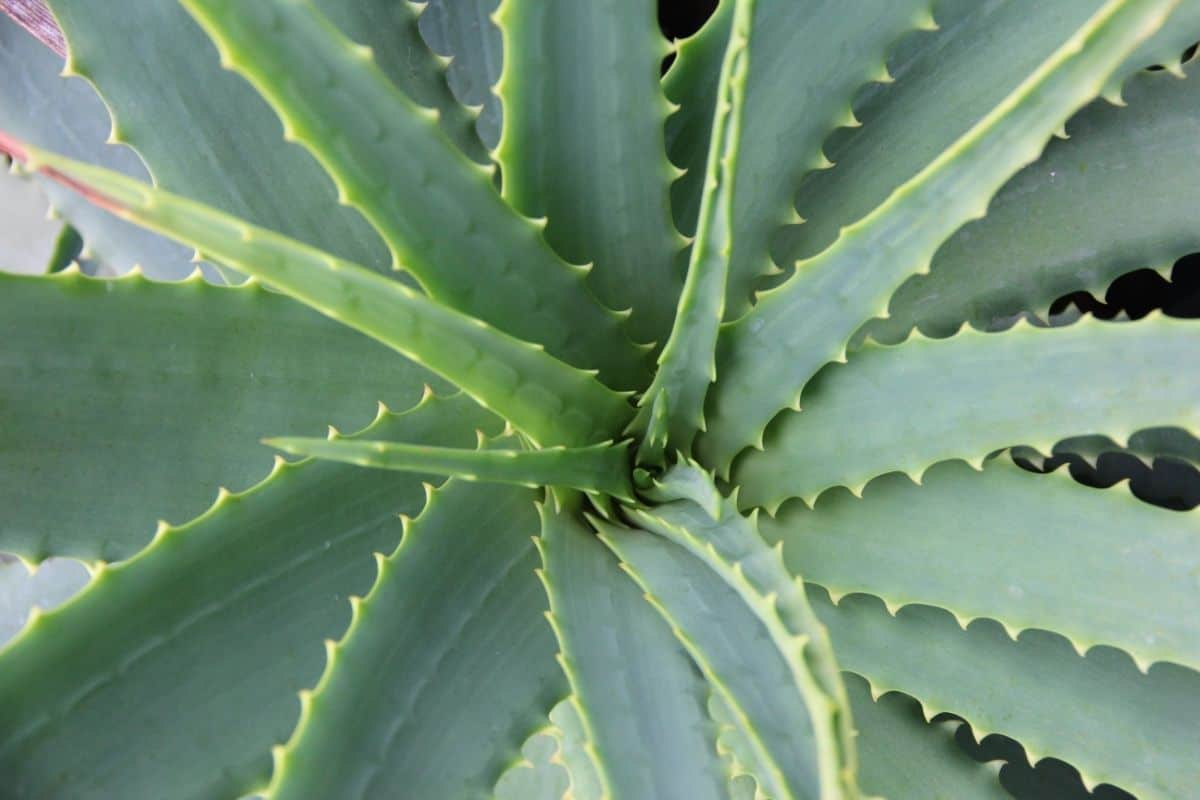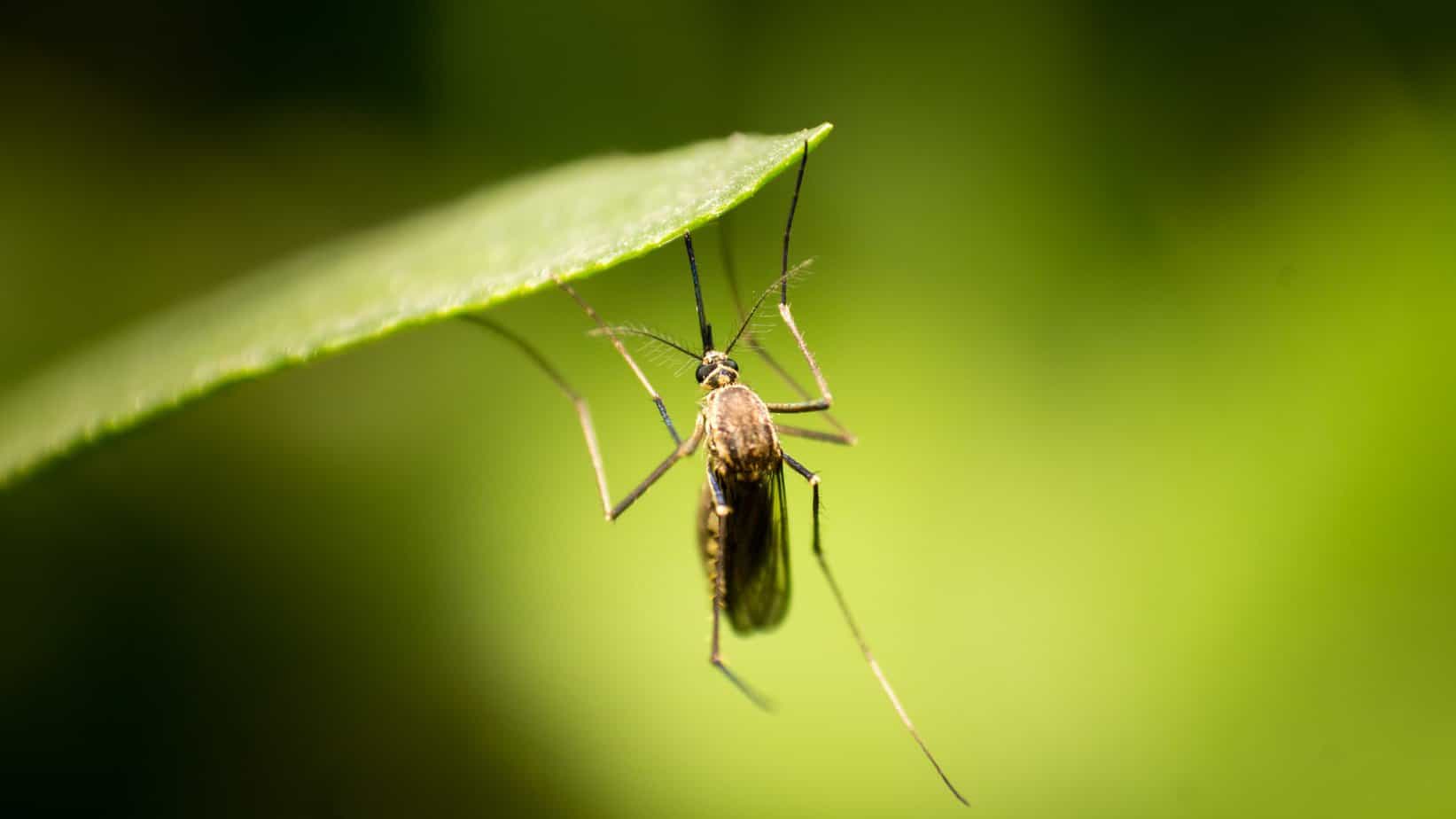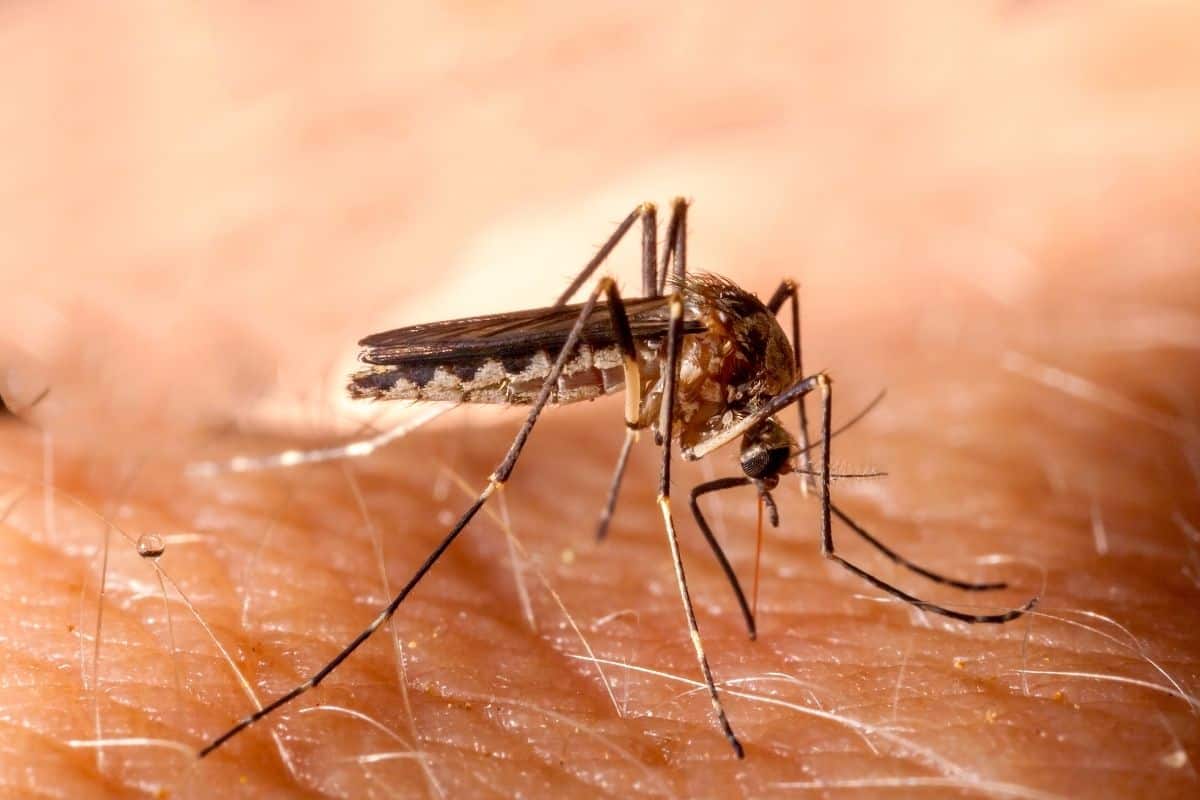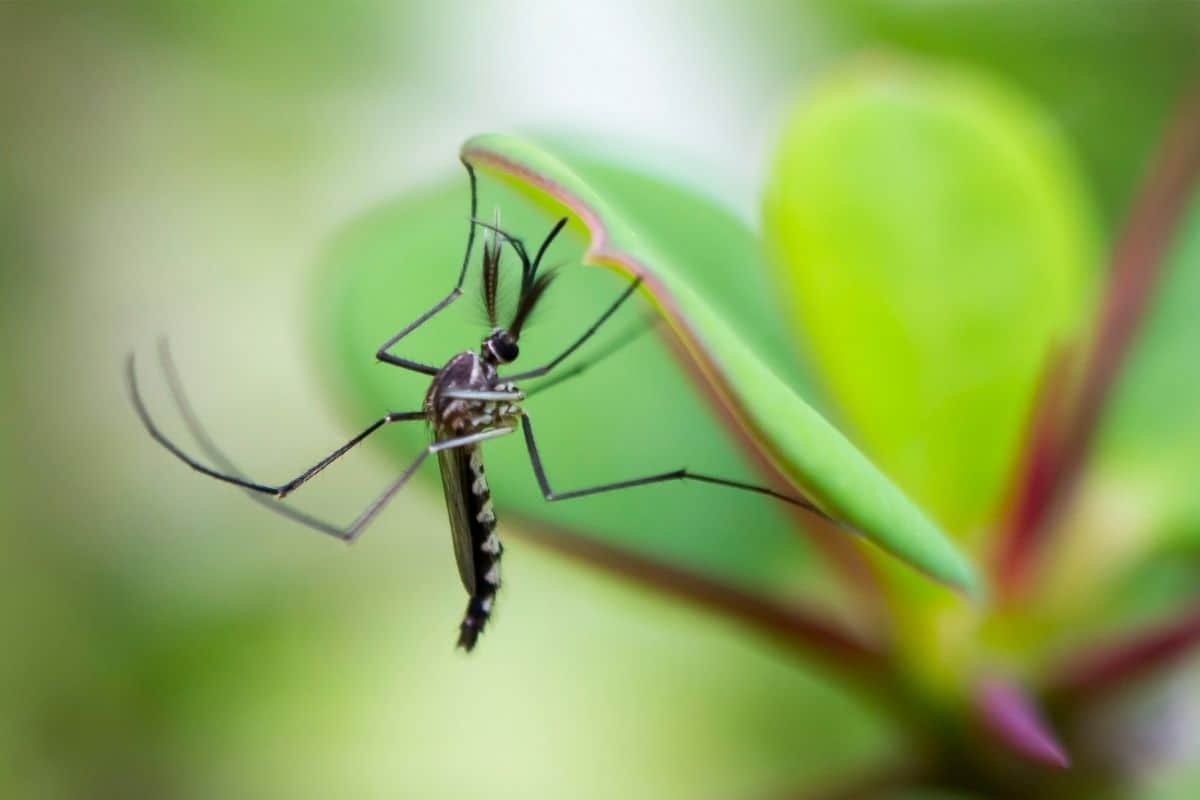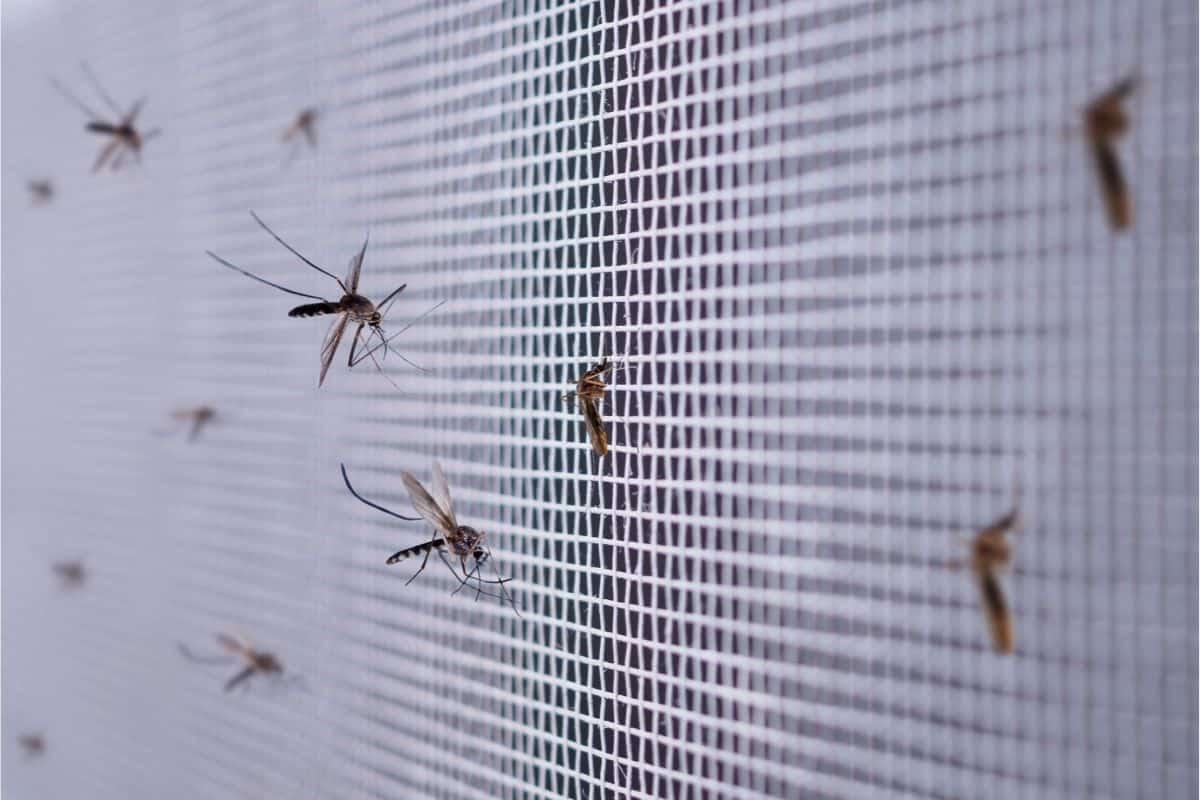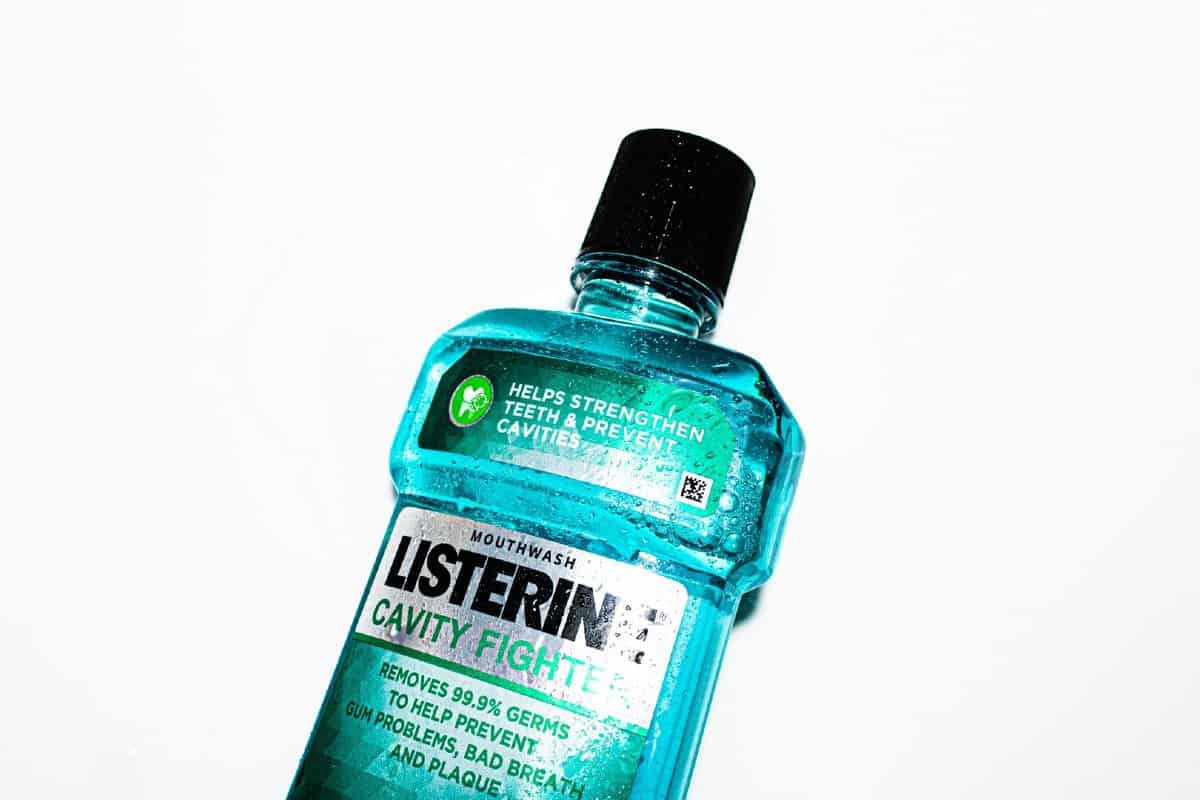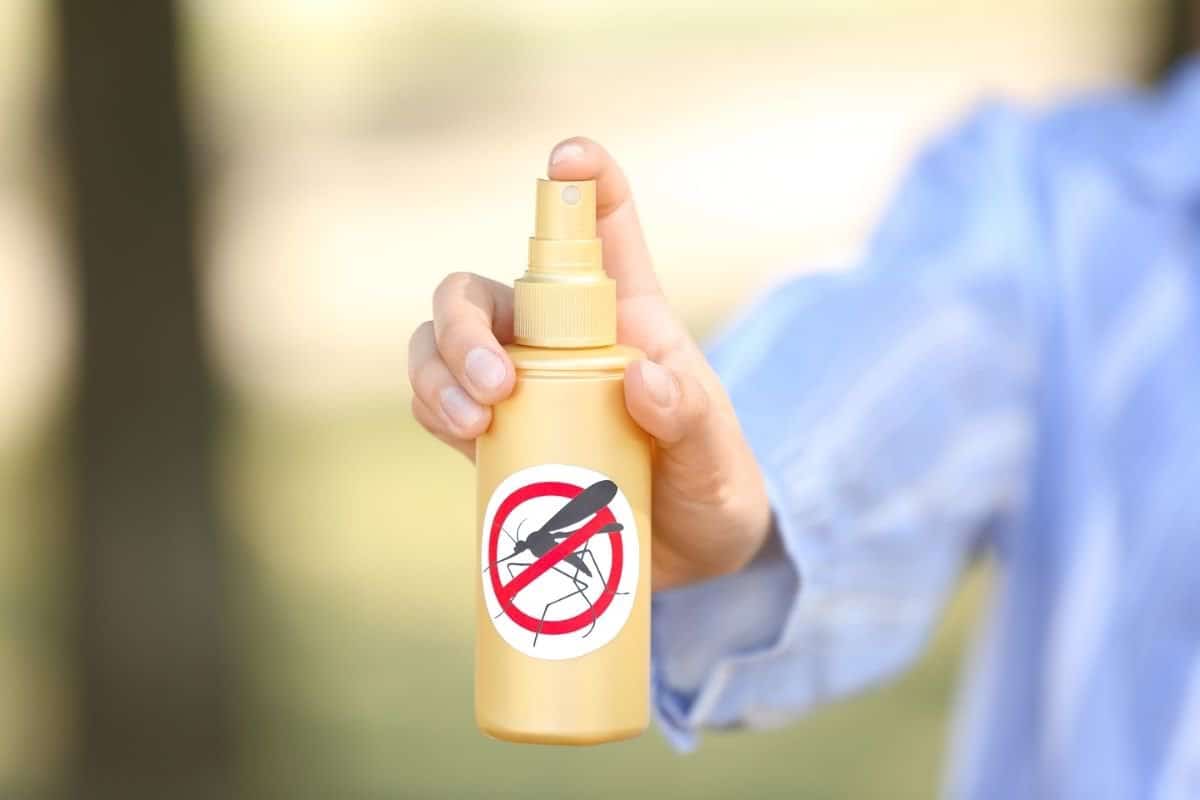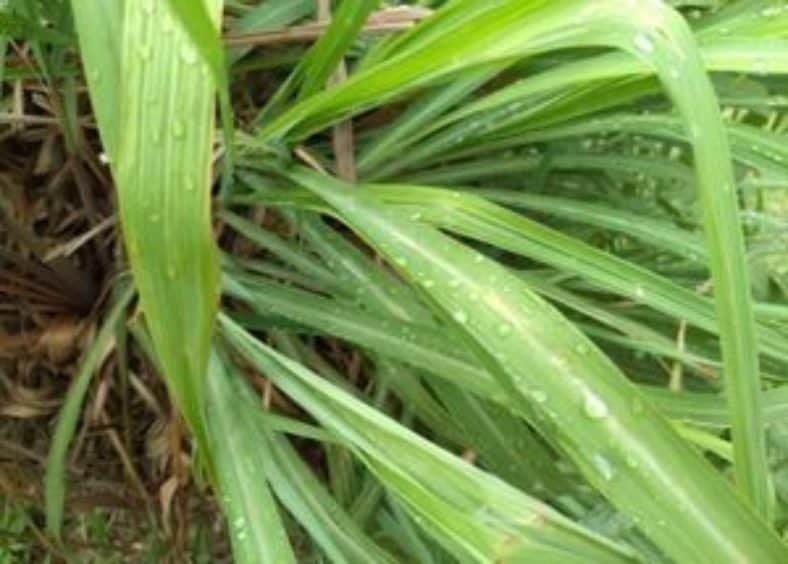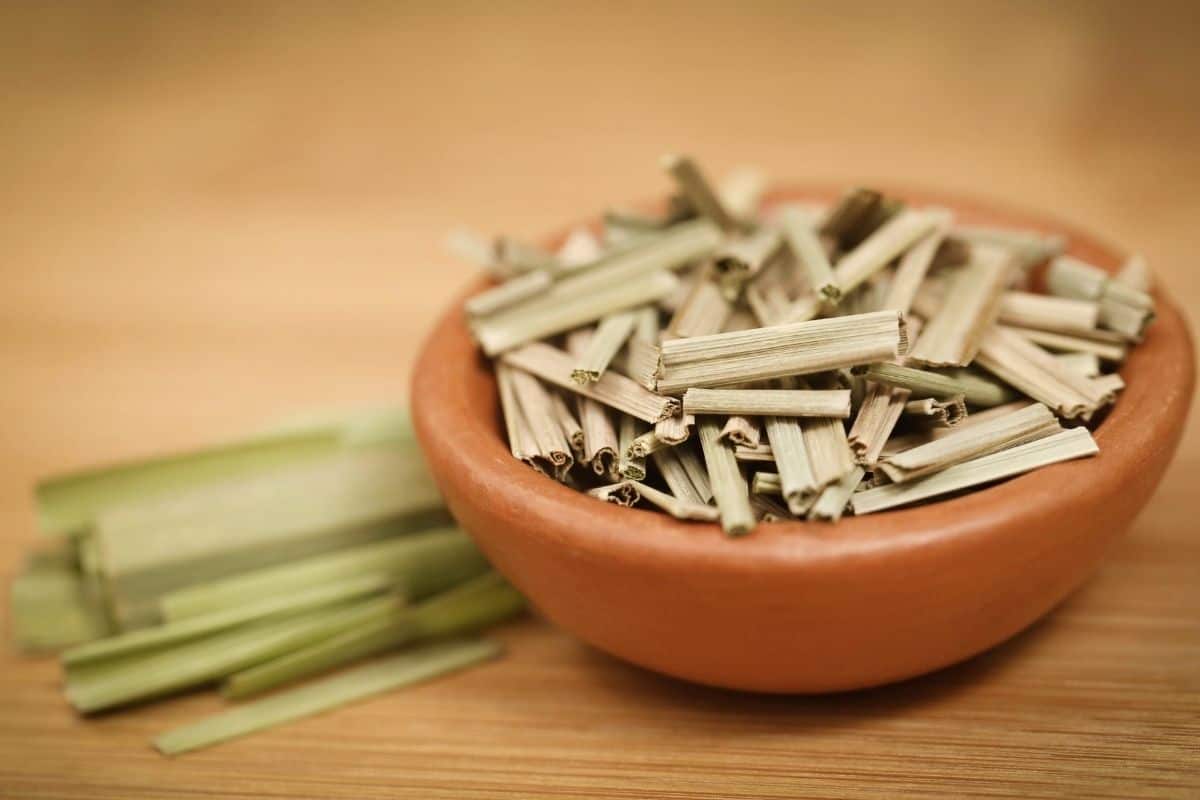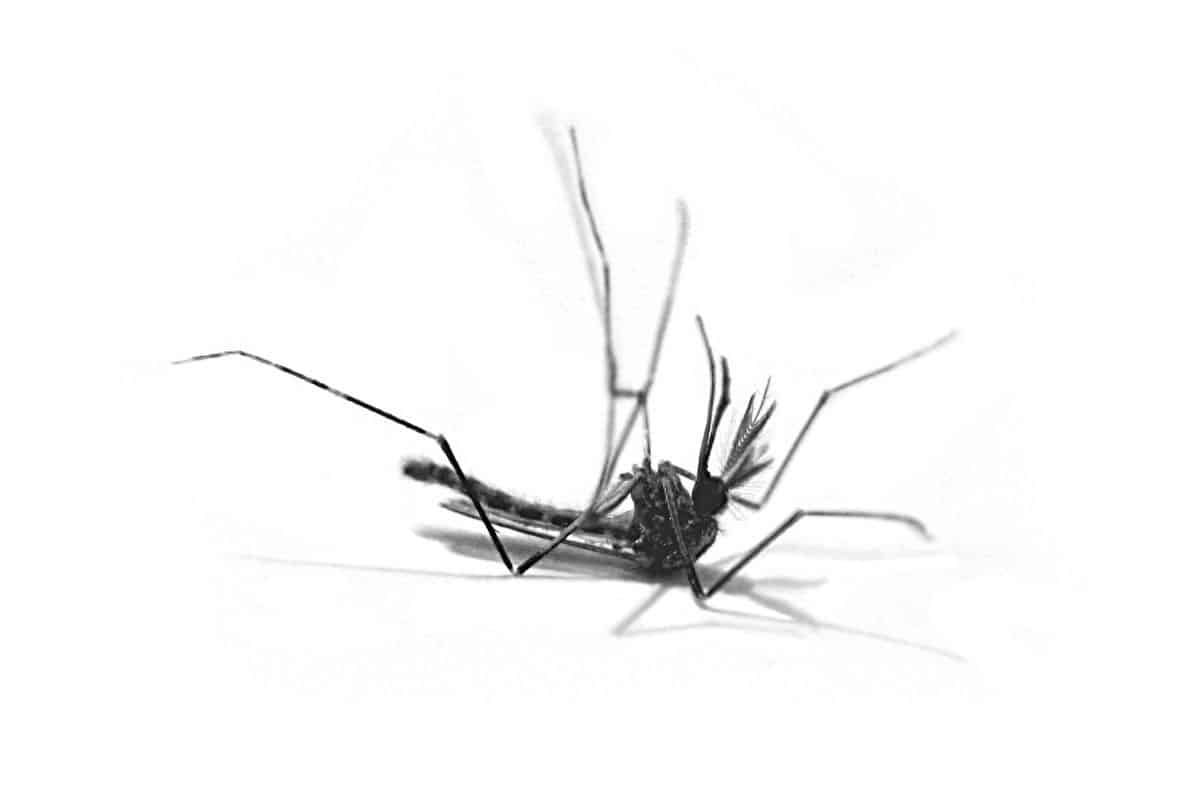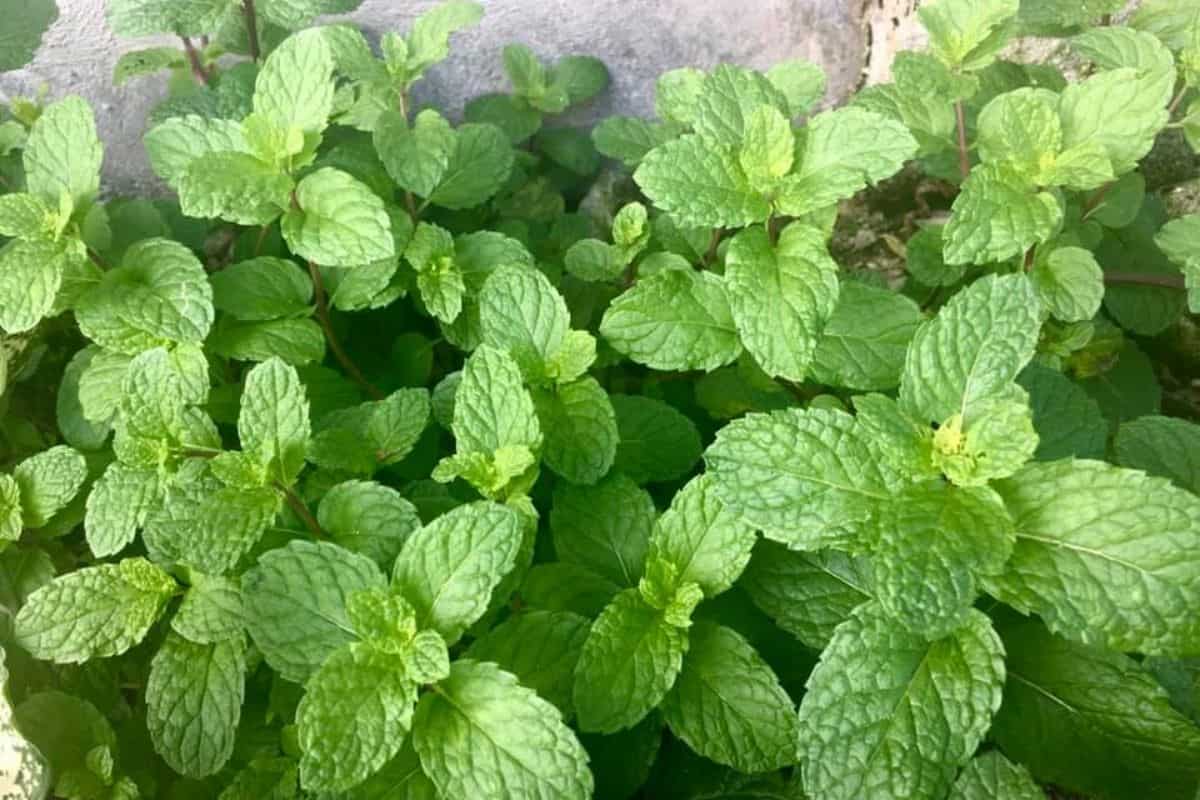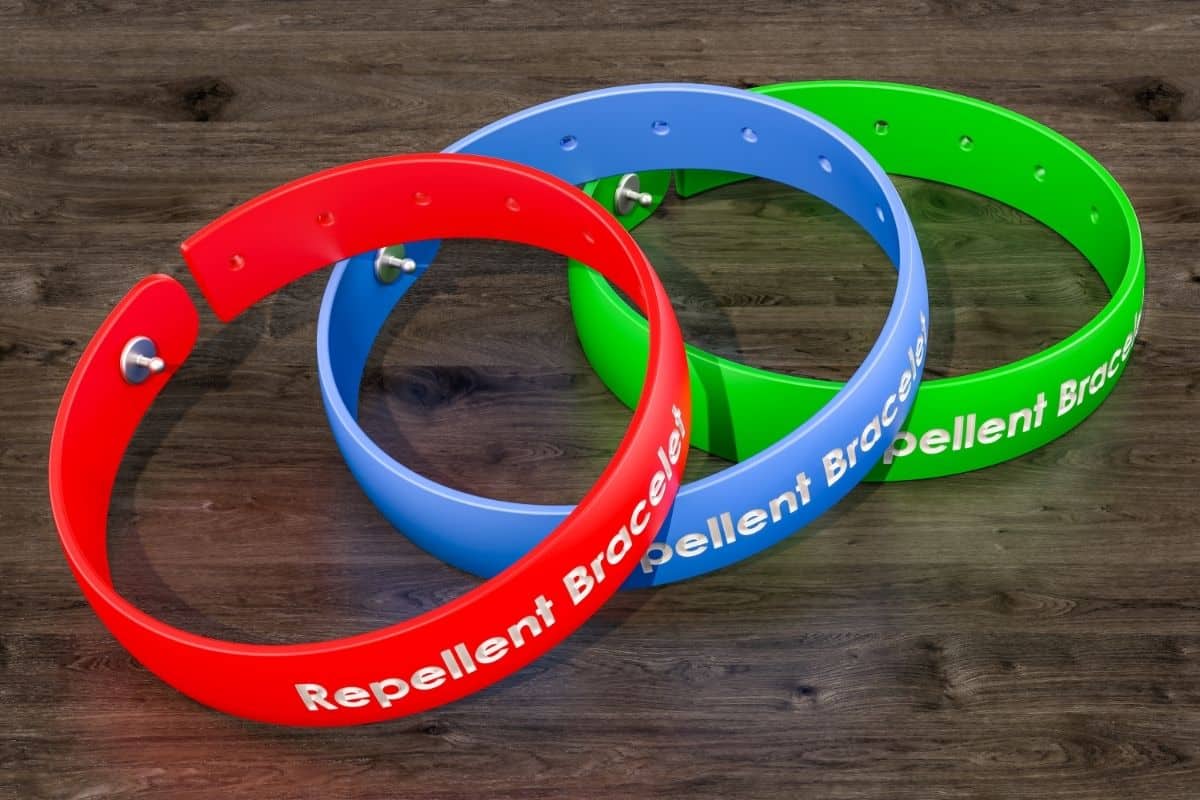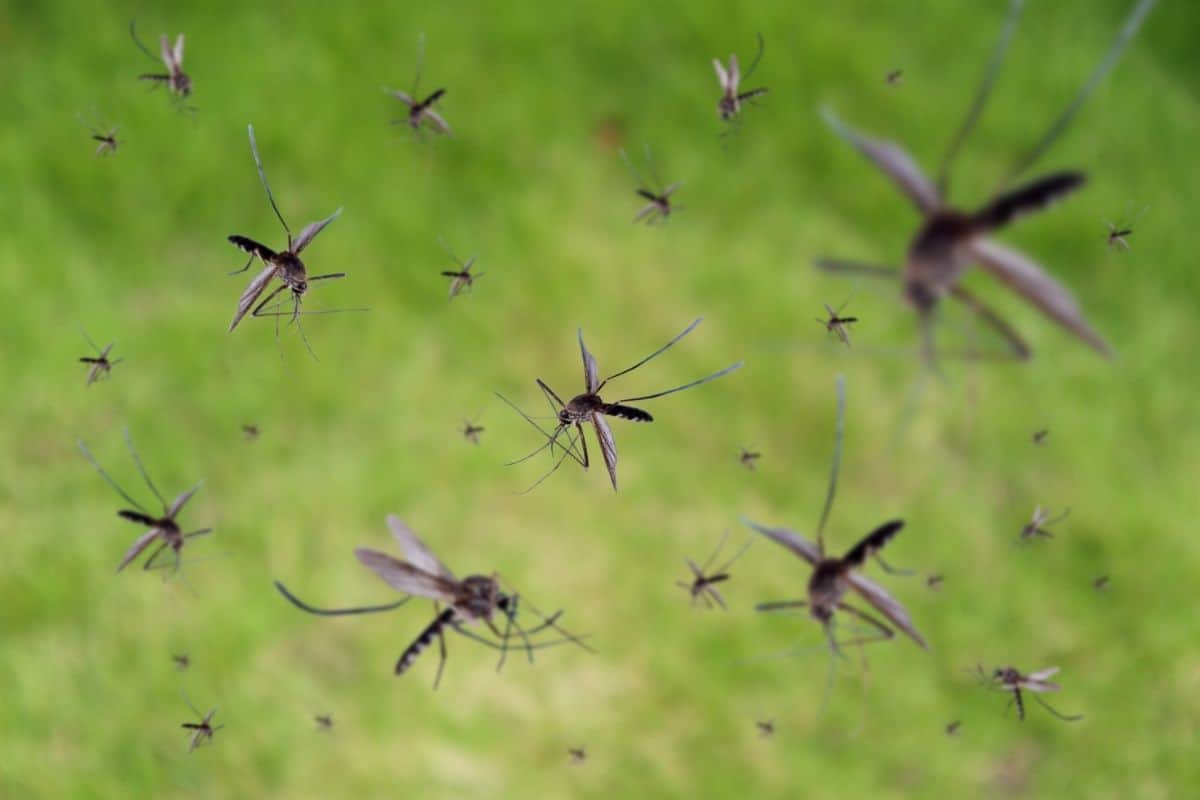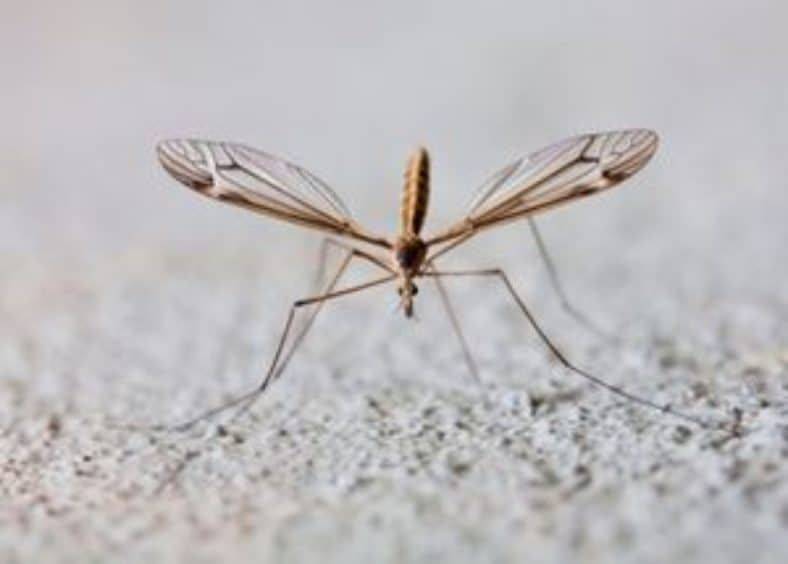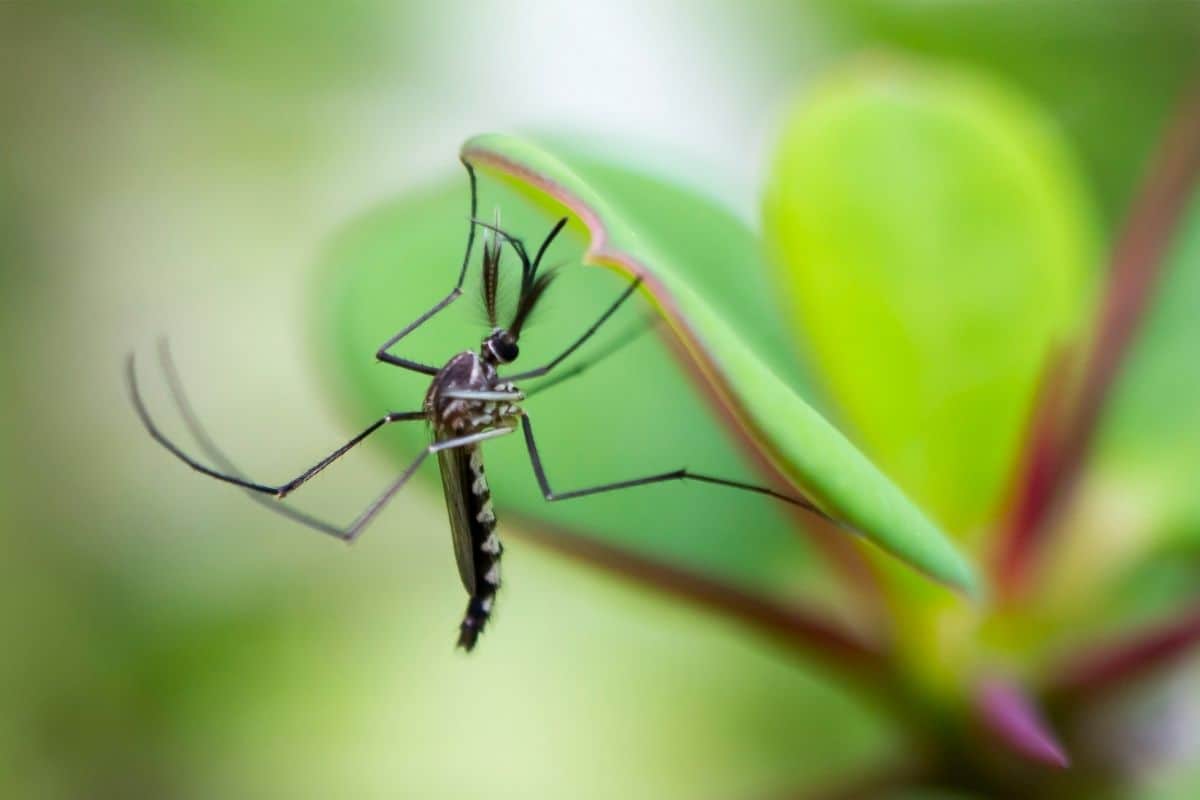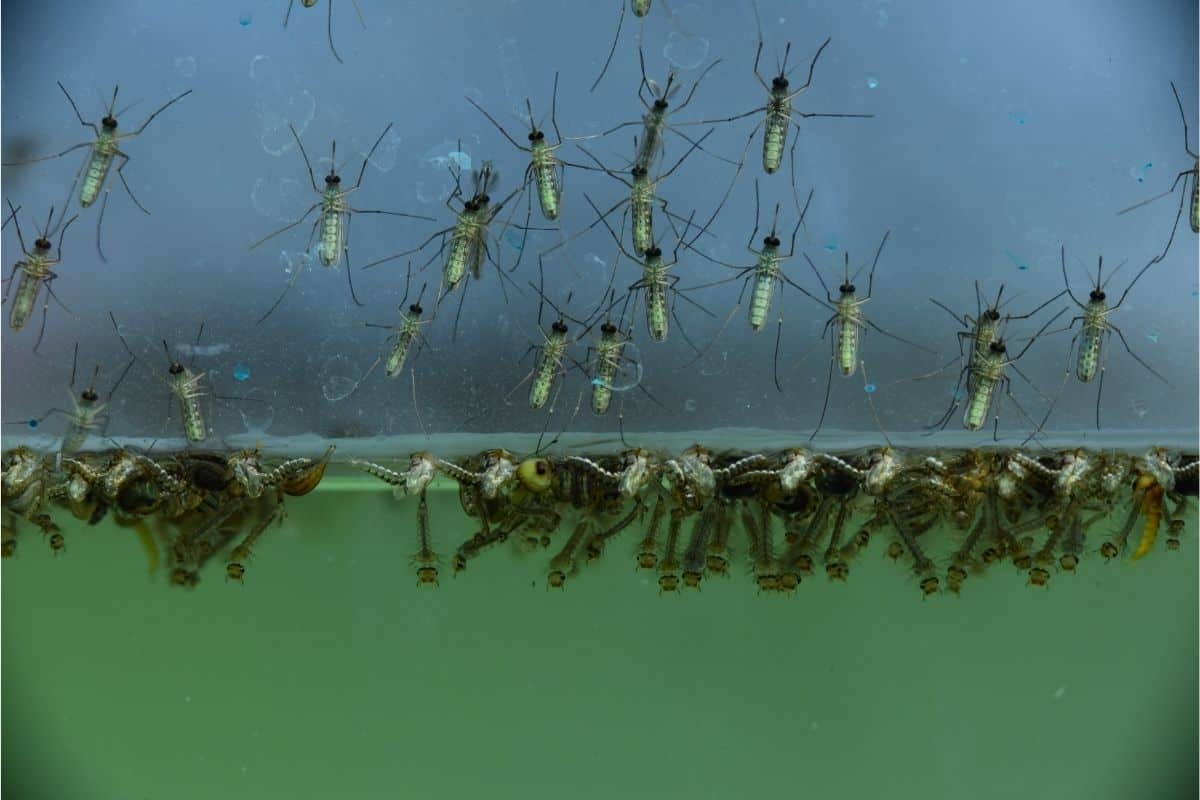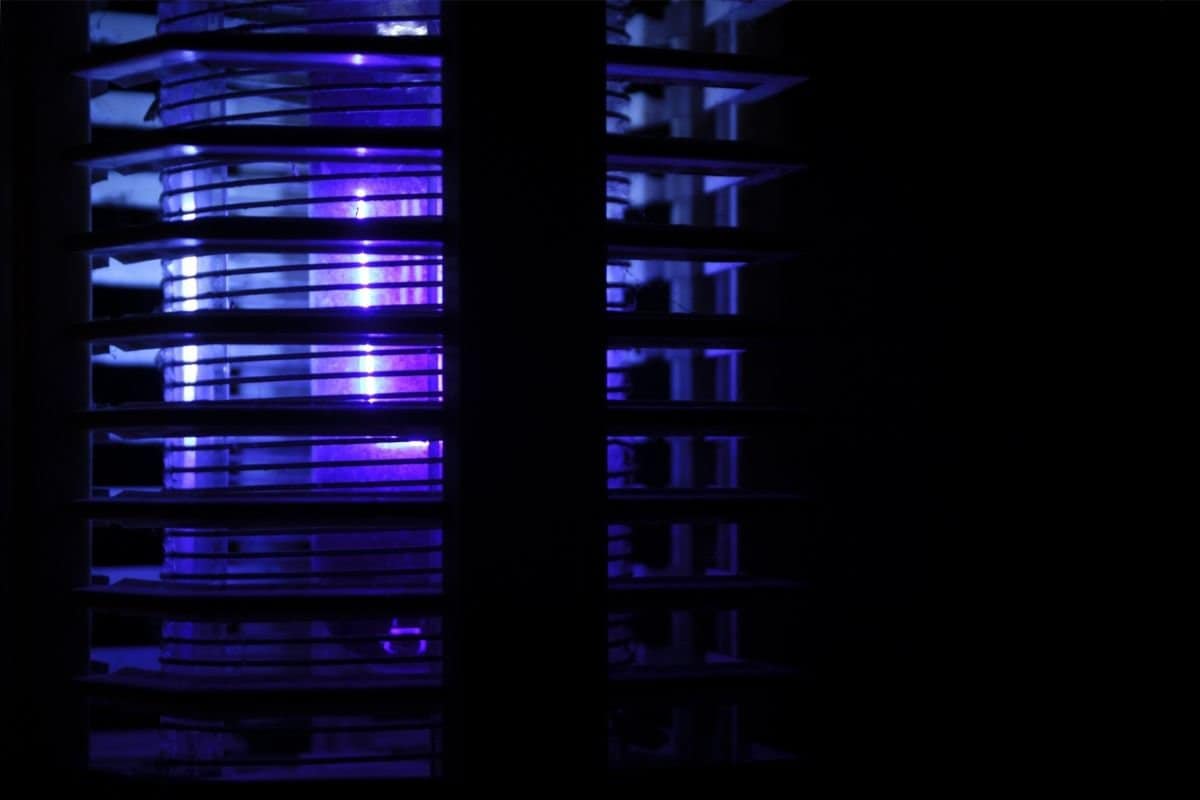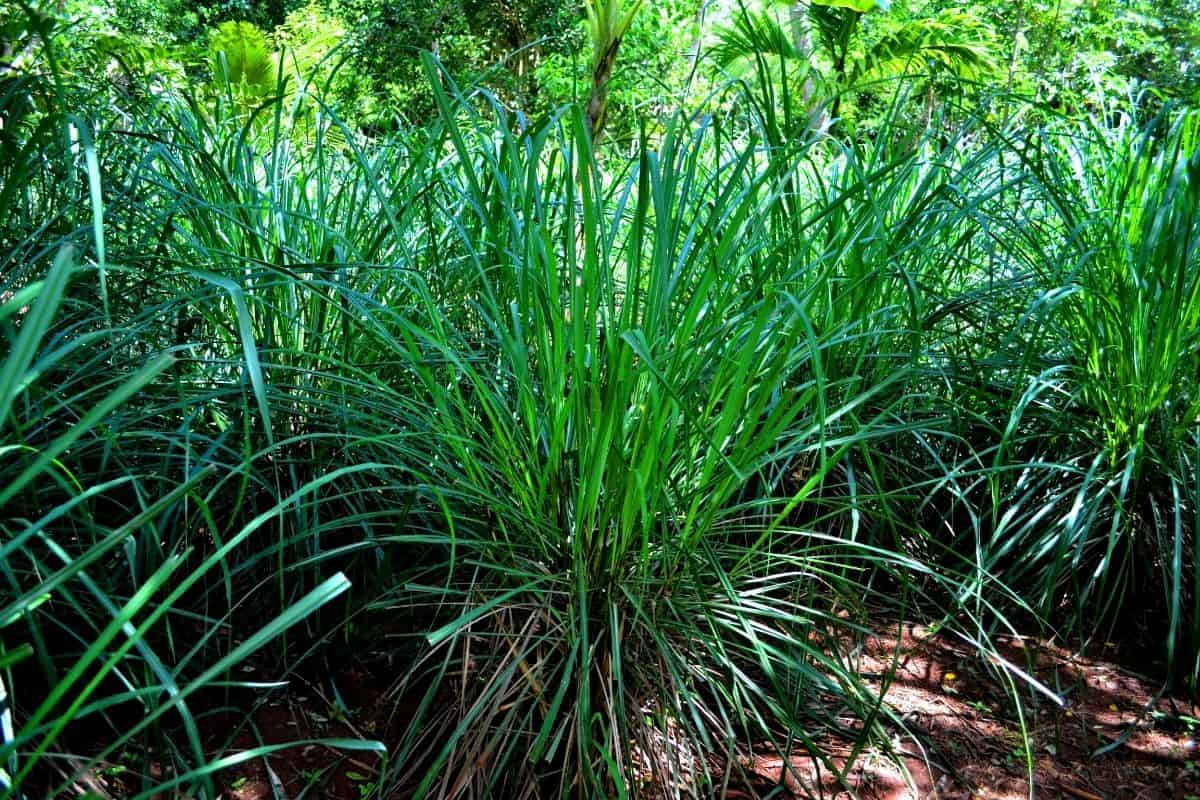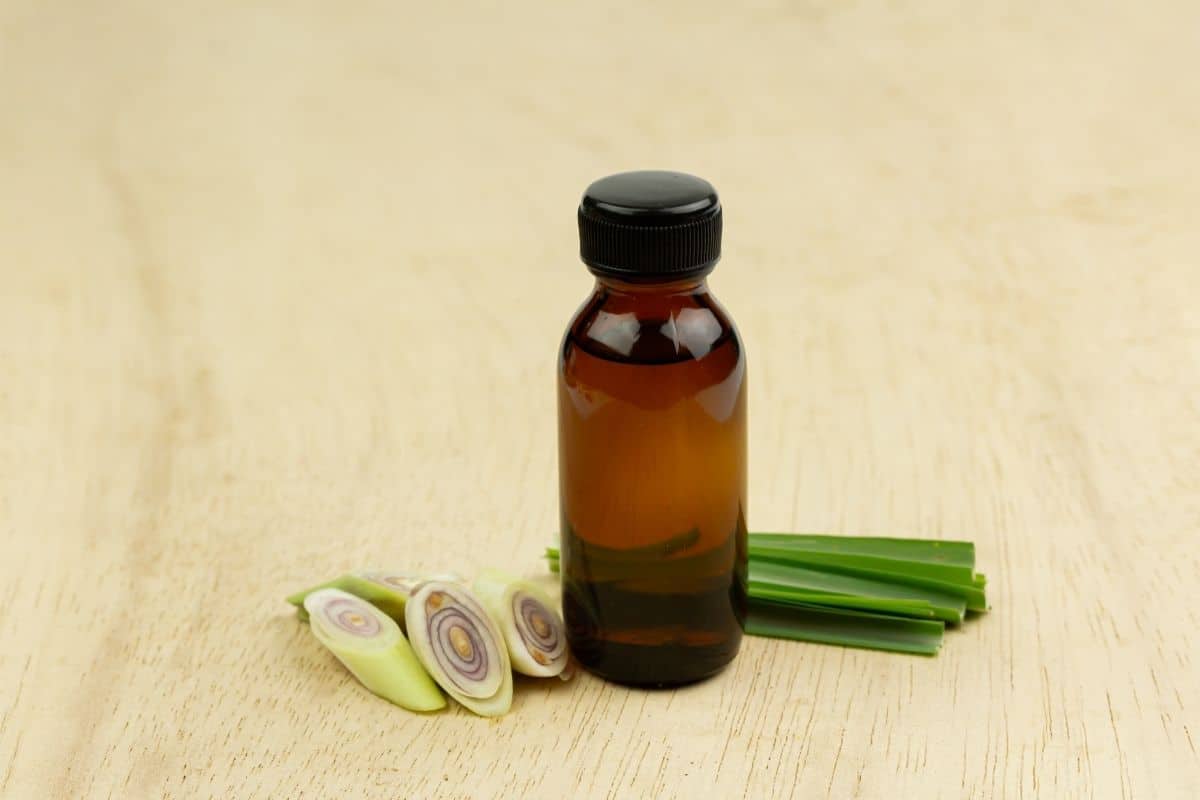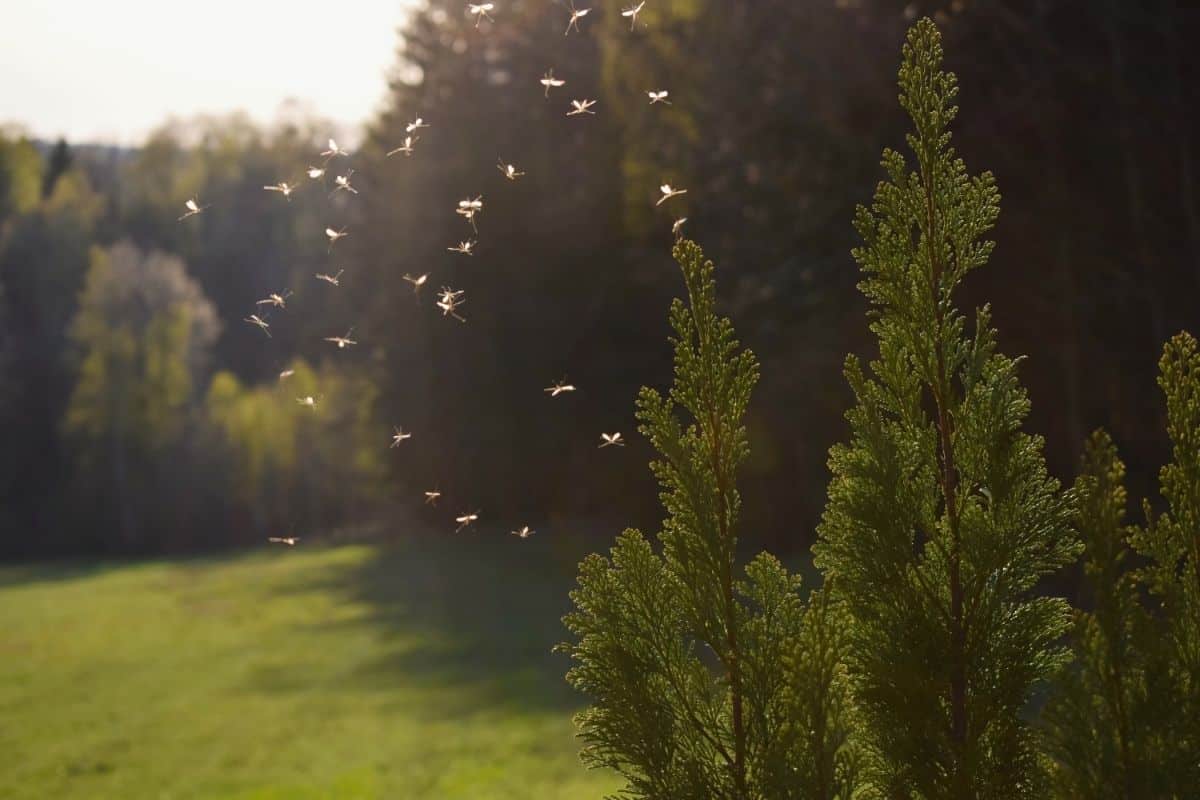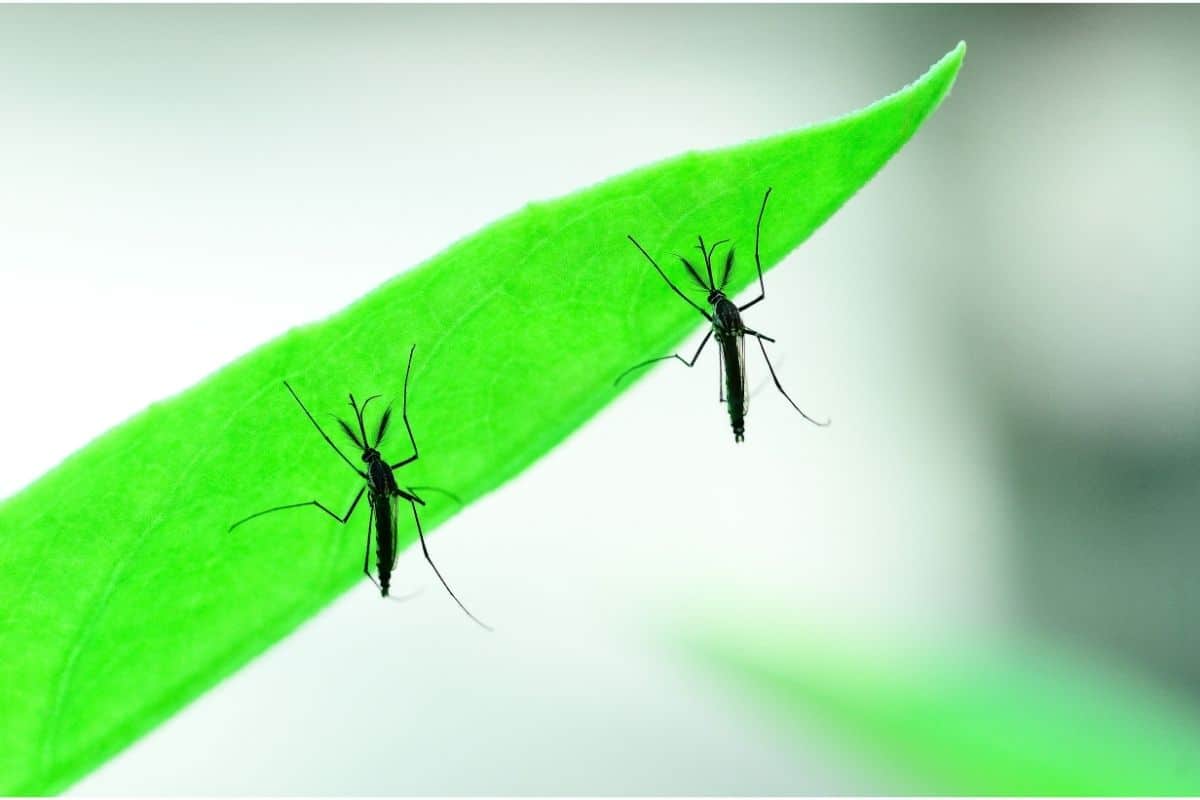With a large amount of produced food, it is sometimes hard to keep an eye out for bugs. Does coffee have roaches? What about other food products? Unfortunately, massive production can lead to such cases that there might be actual bugs ground up in our food. Nevertheless, modern techniques allow people to avoid such things from happening in the majority of cases.
[wpsm_titlebox title=”Does Coffee Have Roaches?” style=”main”] It depends on where the coffee beans are sourced from and how they are processed. However, it is generally unlikely that coffee beans would contain roaches, as these pests are not typically found in agricultural products.[/wpsm_titlebox]
Cockroaches Aren’t Just Hiding Under Your Fridge
Are there cockroaches in coffee? Yes, there are. But here is why you shouldn’t be concerned:
- Ground coffee contains no more than 4-6% of cockroaches in it.
- Coffee beans are washed using scalding hot water to prevent disease.
- Ground cockroaches do not have any taste or smell.
Are there bugs in our food?
Insects have been around for so long, and currently, they are our main rivals when it comes to the dominance on Earth. They’ve adapted to live along with humans and now make the best out of it. You certainly know about pests that invade our houses and just regular invertebrates that share our space.
When it comes to bugs in food, it is important to understand where they are coming from. The most common problem is products going bad, which attracts pests like cockroaches and maggots. These insects should be avoided at all costs, as they can transmit diseases dangerous to people.
Your best choice is to always pay attention to the expiration dates on your food products and dispose of anything that is past its expiration date. Keep your house clean, and don’t let the garbage stay out for too long, as it can attract unwelcome neighbors.
In big facilities, it might be hard to keep all of the parts clean and bug-free.
That is why our food is allowed to have a certain percentage of bugs in it. They can accidentally fall on the production line, get into the boxes, etc.
Edible insects are also a new topic that is largely discussed. Even though they are considered to be a good source of protein, it is still an unexplored field that can cause potential troubles. There are certain species that have been eaten in many cultures for a very long time, but it is still better to avoid eating bugs if you are unsure if your body can handle it.
Does coffee have roaches?
You might be wondering, if cockroaches are such an invasive pest, then where they can appear other than in dark corners of your house. Well, there actually might be cockroaches in coffee that you drink from your local brewery. Don’t get scared: they are ground up with the coffee beans if the mixture gets processed in the factory.
In addition, FDA has approved 4% to 6% of bugs in the ground foods, and as long as it doesn’t go above this number, you are safe to consume this product.
Roaches are the kind of insects that can get everywhere, and they will feel comfortable in any place. Many people are afraid of encountering pests in their houses, but unfortunately, it can be hard to avoid them. In any case, you will know instantly if there are any cockroaches in your house.
If you store your coffee properly, you won’t have any problems with infestation. Sticking to regular cleaning and sealing your foods will help you deal with any insects that can potentially be in your house.
Where do they come from?
Usually, coffee roaches appear in big factories that make pre-ground coffee. When large quantities of food products, such as coffee beans, are kept in one place, it will definitely attract a lot of cockroaches.
They end up there looking for food and a place to hide, and it is almost impossible to prevent them from getting in. Because of that, they are being processed together with the beans and turn into the grounded coffee we are used to drinking every day.
Of course, there won’t be a big amount of them in your drink because common sanitary measures prevent the cockroach infestations from getting out of hand. The beans go through hot water before being ground up, so even if some cockroaches got in, you shouldn’t worry about your health being affected.
Cockroaches hide in tight, dark spaces among coffee beans and usually don’t have any interest in them, but mostly in what surrounds them. These insects are highly invasive, which is why there are a lot of rules and sanitary measures that big facilities have to follow. You can be sure that companies stick to these rules so they won’t be fined.
Should I be scared?
It might sound scary that there is a real possibility of having cockroaches in your coffee, but, in reality, they don’t bring any harm to you. Of course, if you are allergic to them or just don’t want to encounter these remains in your drink, you can choose to find a brewery that grinds their beans in front of the customers.
Processed roaches won’t have any taste, and they cannot be noticed in the coffee powder. Moreover, most people don’t even know about this fact unless they read about it somewhere on the internet.
Live cockroaches, unfortunately, can pose a threat. They infest houses and create an environment that can potentially harm children with breathing problems, while their excrements can possibly attract more pests. The colonies can hide in tight places that are hard to reach, and in those cases, it is better to contact your local pest control.
Some of the pesticides that you can find online are harmful both to the environment and your health, which is why you should leave the problem to the professionals.
FAQ on Coffee & Cockroaches
Cockroaches are disturbing creatures that invade our spaces and feast upon our food. Thus, it is only natural for people to have questions about these pests, especially if there is a chance that our food might contain them.
Does coffee attract cockroaches?
No, coffee doesn’t attract cockroaches. They like big amounts of food that can potentially go bad, which is the way they end up among piles of coffee beans.
Are there bugs in the coffee?
There is a small number of bugs in ground-up coffee, but only about 4%. This percentage is always controlled by the manufacturer to prevent the consumers from being harmed.
What foods can contain roaches?
Roaches prefer energy-dense, rotten food. They go out at night to find any leftovers you might have in your house. They can also be attracted to trash cans and unwashed dishes.
Does caffeine have bugs in it?
No. Caffeine is a chemical substance that cannot be affected by insects in any way. Coffee does contain an established amount of caffeine, but bugs do not interact with this compound.
Do coffee beans have cockroaches?
Coffee beans can occasionally have roaches in them if they are not stored properly. Big amounts of products attract cockroaches, so it is better to always have your coffee beans in tightly sealed packages.
Make Sure to Check Your Products
Does ground coffee have cockroaches? Unfortunately, it does. Nevertheless, you should not panic because FDA wouldn’t have allowed something potentially harmful into mass consumption. The percentage of roaches in your coffee is fairly small. What you do have to be concerned about is live cockroaches from being anywhere near your food.
Cockroaches are a problem that is hard to control, so it is better to prevent them from entering your house rather than dealing with them when you have an infestation.
Are you concerned that your coffee is likely to have roaches in it? In light of this information, will you stop drinking ground coffee and grind the coffee beans yourself? Tell us what you think in the comments below.
Also read:
- Where Do Roaches Come From in the Bathroom?
- Wood Roach vs. Cockroach: What to Be Aware Of
- How Does Baking Soda Kill Roaches? Through Physics!
- Does Boric Acid Kill Roaches and How to Get Rid of Roaches for Good?
- Does Bleach Kill Roaches? Let’s Find Out!
- Why Do I See More Roaches After Bombing and How to Fix This Issue
- How to Attract a Cockroach Out of Hiding: Easy Steps
References
- That can cause potential troubles (Miklos Mezes, Szent István University):
https://www.researchgate.net/publication/329096880_Food_safety_aspect_of_insects_A_review - Sticking to regular cleaning (New York City Department of Health and Mental Hygiene, Columbia Center for Children’s Environmental Health, Columbia University Mailman School of Public Health, New York City Housing Authority, New York, New York, USA):
https://www.ncbi.nlm.nih.gov/pmc/articles/PMC2721864/ - Can pose a threat (Department of Microbiology, School of Biomedical and Laboratory Sciences, College of Medicine and Health Sciences, University of Gondar, University of Gondar Hospital Laboratory, Department of Internal Medicine, School of Medicine, College of Medicine and Health Sciences, University of Gondar, Department of Biology, College of Natural and Computational Sciences, University of Gondar, P.O. Box 196, Gondar, Ethiopia):
https://www.ncbi.nlm.nih.gov/pmc/articles/PMC4909895/

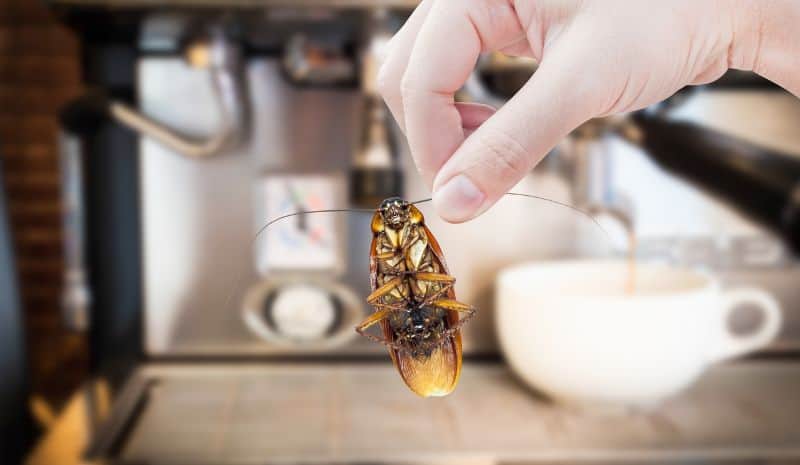
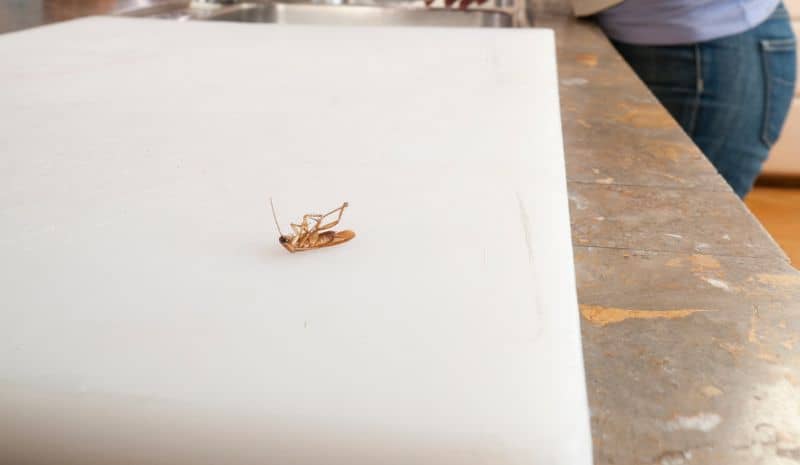

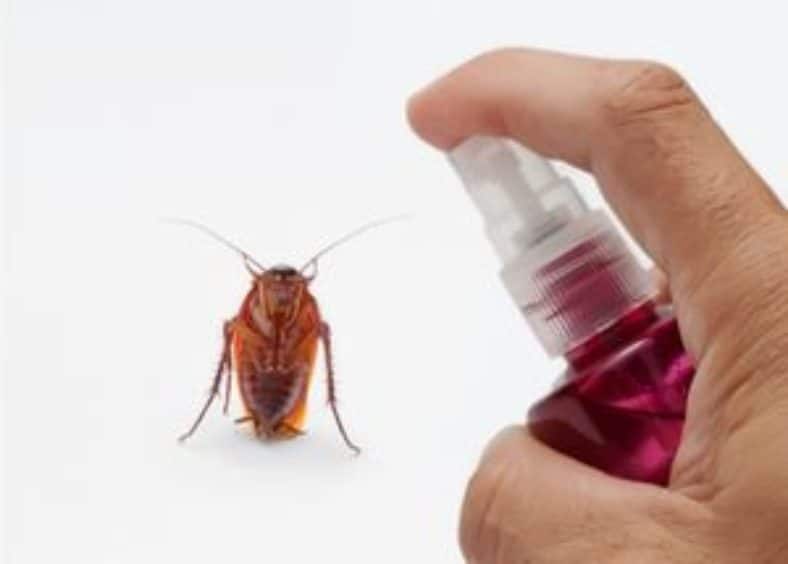
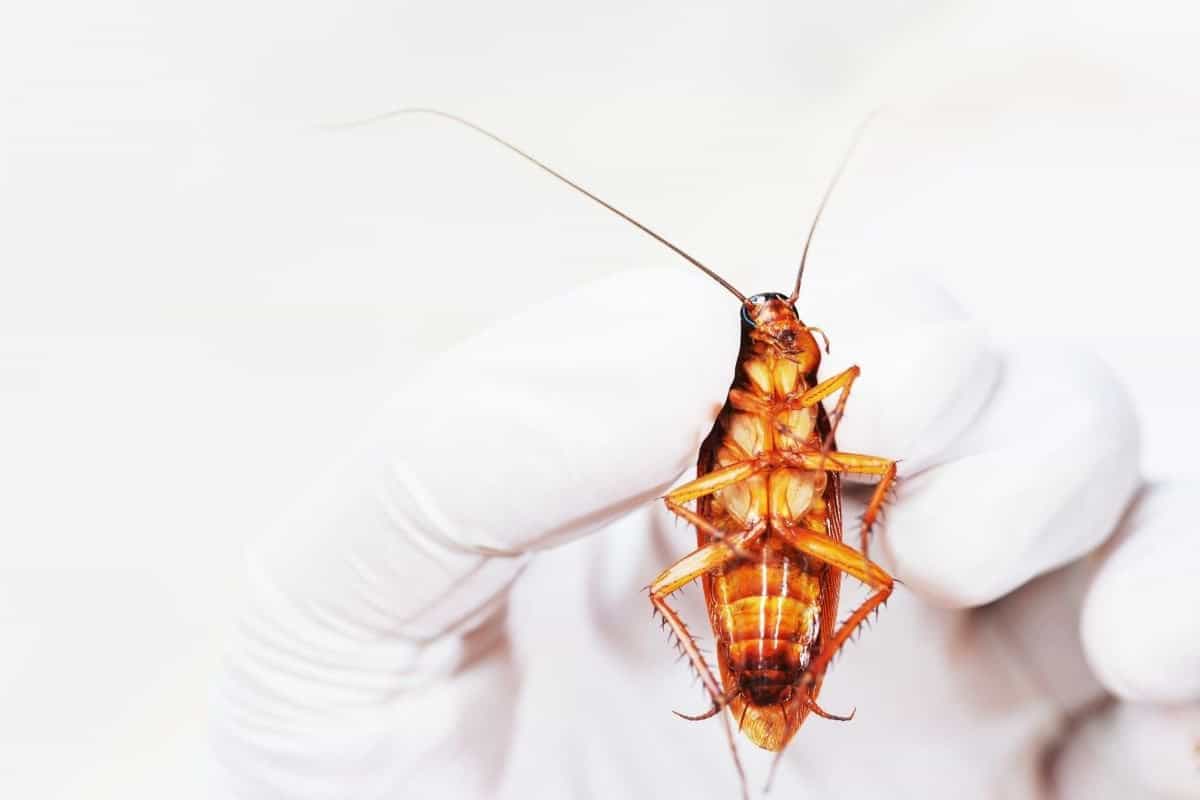
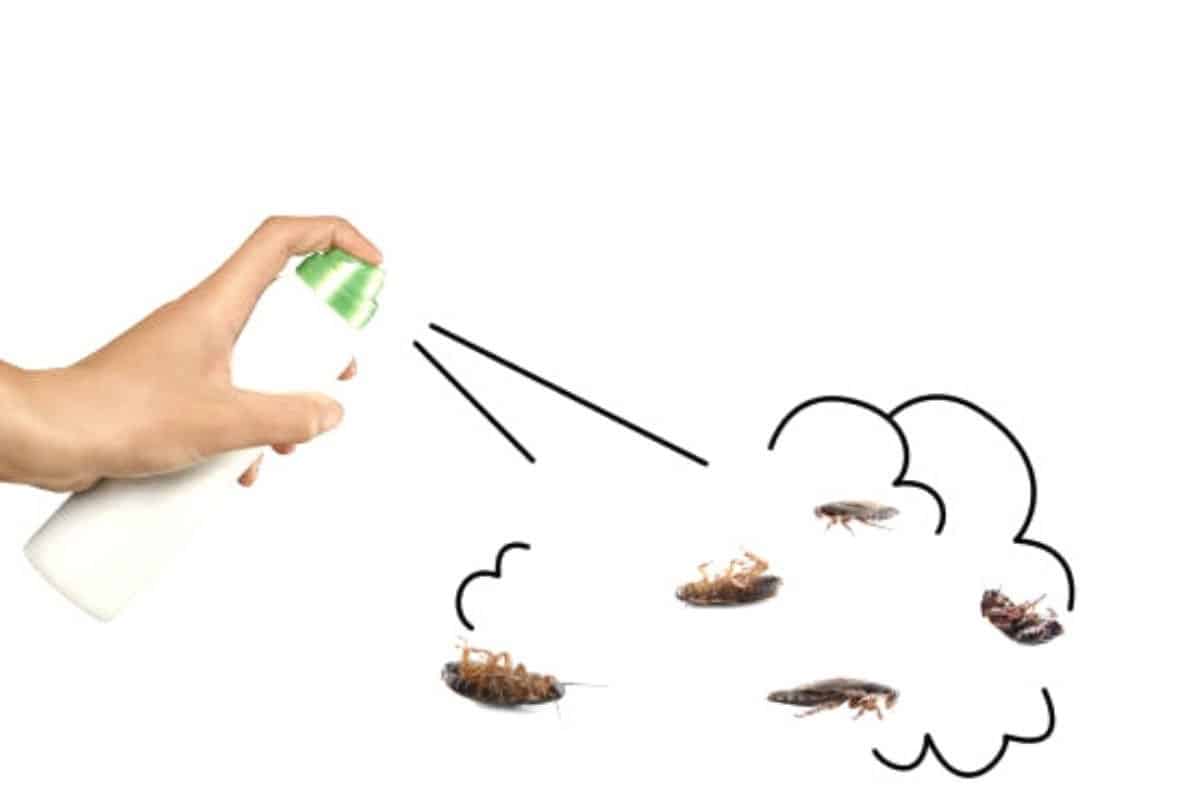
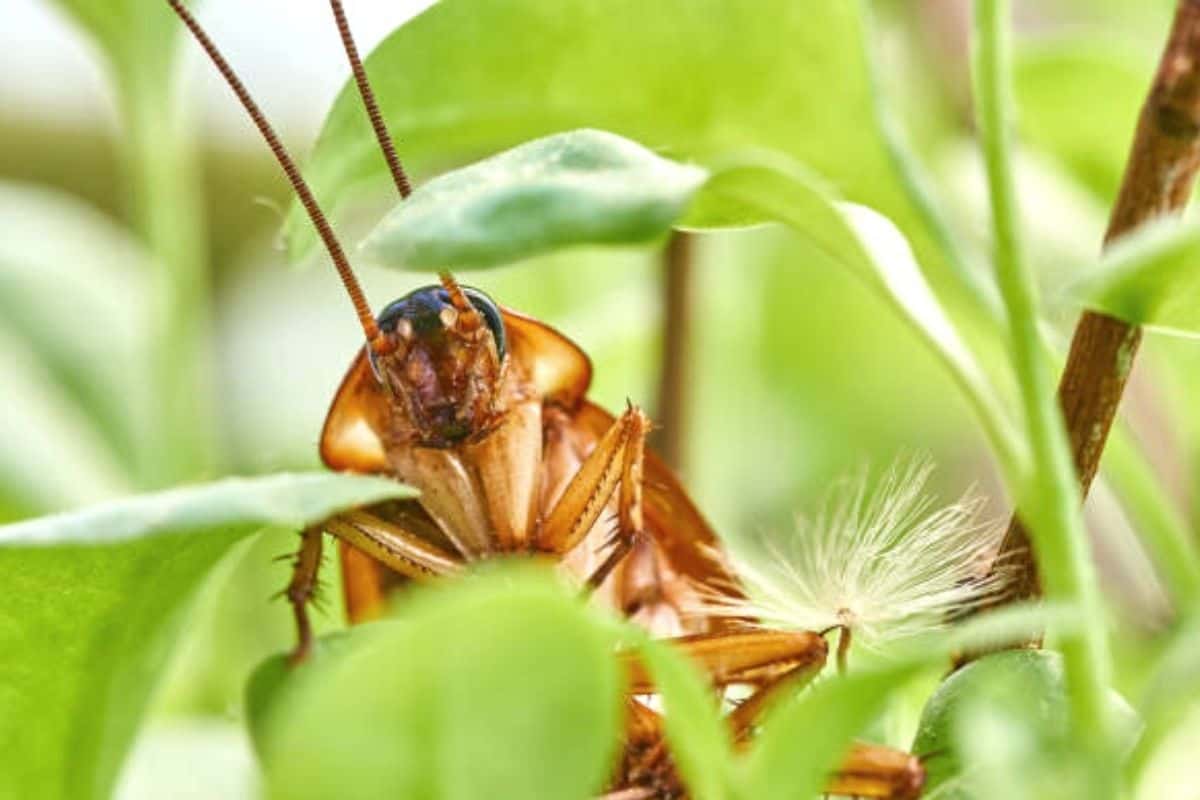
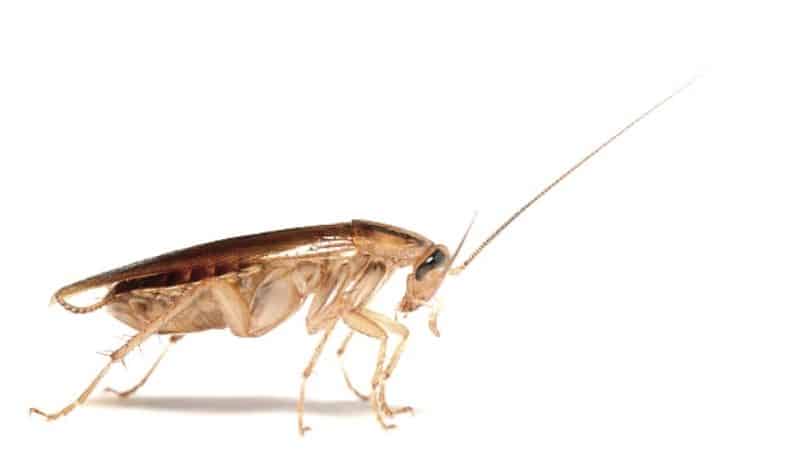
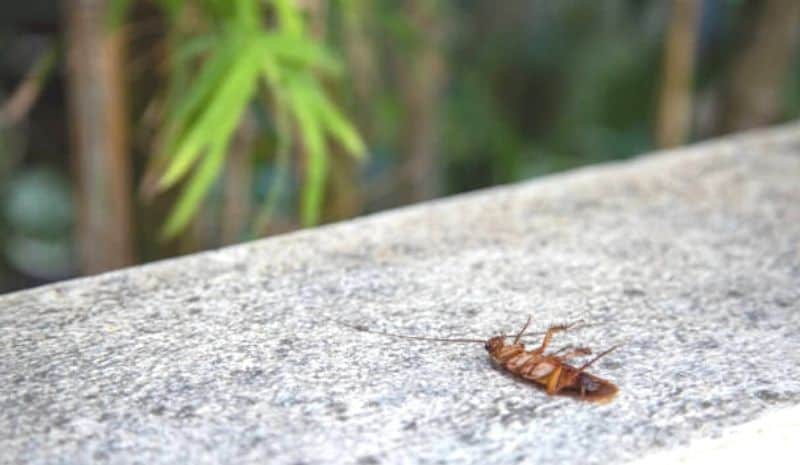
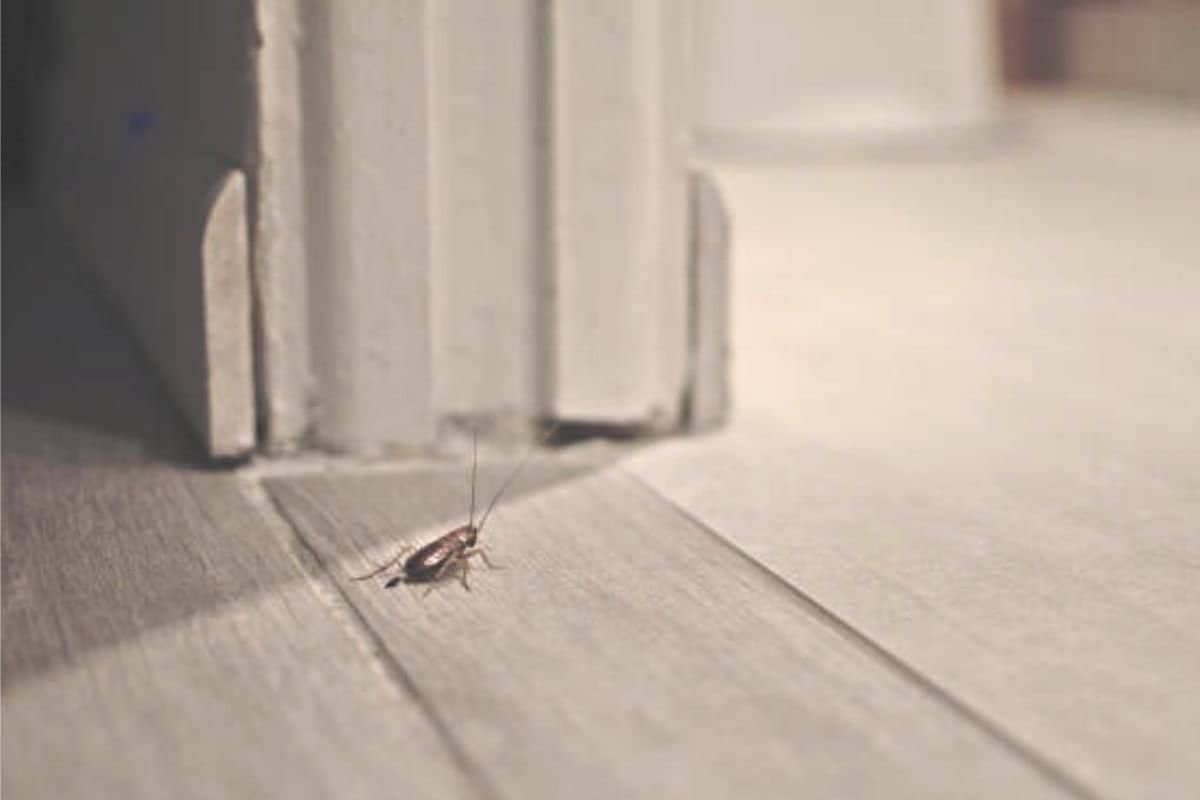 If you want it to act faster, you may use higher concentration. But usually, there’s no need to.
If you want it to act faster, you may use higher concentration. But usually, there’s no need to.